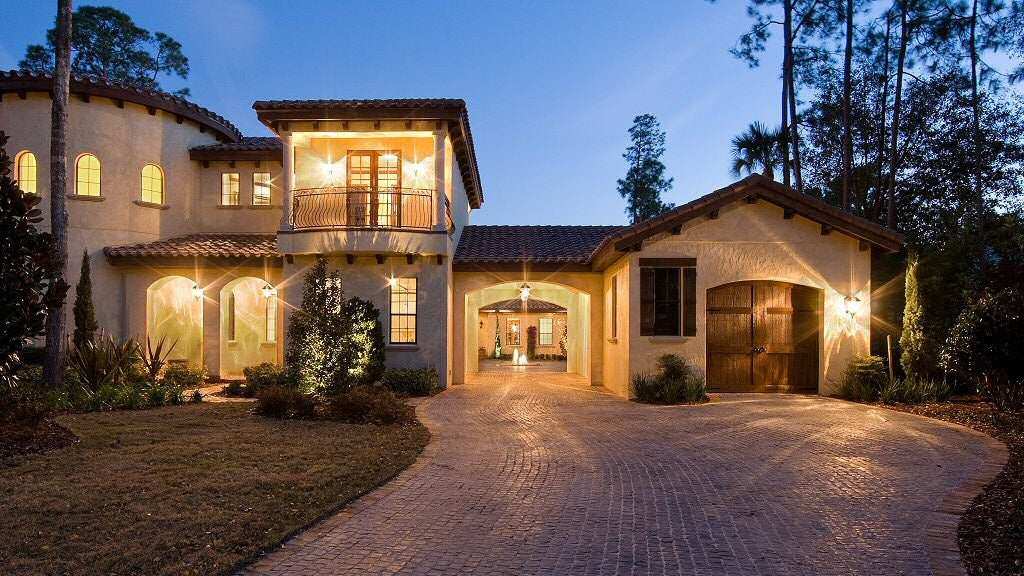
Outdoor Lighting Guide: Exterior Lighting Tips and Tricks
Search
Outdoor Lighting
Outdoor lighting is, as the name implies, designed for use outside, or on the exterior of a building or in an outdoor space. Because they are exposed to the elements day and night, Outdoor lights must be and resistant to weather. Outdoor lighting, especially outdoor motion sensor lights, can also enhance security.
Exterior lighting isn’t just about security however. In this outdoor lighting guide you'll learn the different types of outdoor light fixtures, where to place them in your backyard or garden for maximum aesthetic and security benefits, and the kind of benefits each outdoor light provides.
First we'll take a tour through the types of outdoor lighting, then we'll look at where to position your exterior lights for best effect. We'll also cover flood lights and outdoor motion-sensor lights and give you outdoor lighting ideas to improve the security of your home or business with adequate exterior light fixtures.
Outdoor Light Fixtures
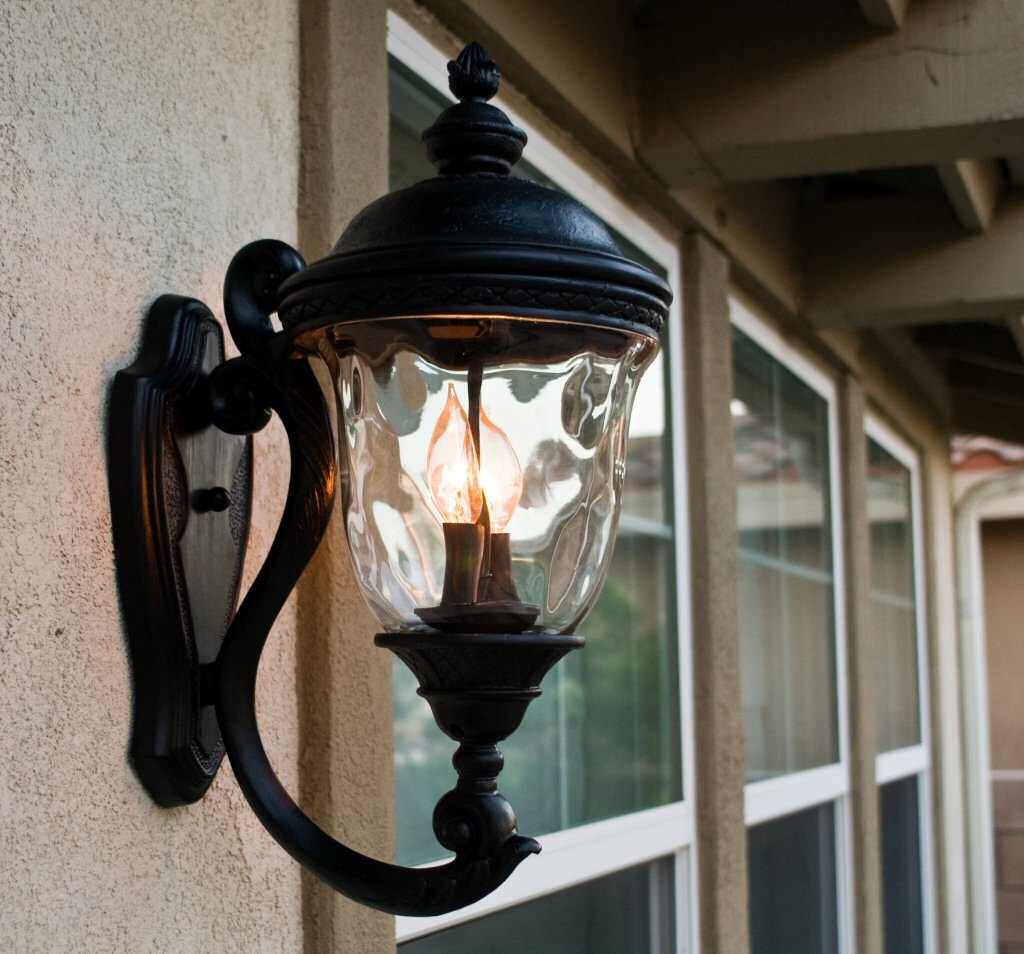
Perhaps the most common type of outdoor lighting, there are several major types of outdoor light fixtures, designed mainly around how they are mounted to surfaces. These weather-resistant light fixtures light the outside of your house itself, emphasizing architectural detail and lighting entryways and driveways.
Outdoor light fixtures include outdoor wall lights, outdoor post lights and outdoor hanging lights or ceiling-mounted lights. Free-standing outdoor lamps and outdoor string lights are also available to make your outdoor lighting more entertaining.
Outdoor Wall Lights for Porch or Garage
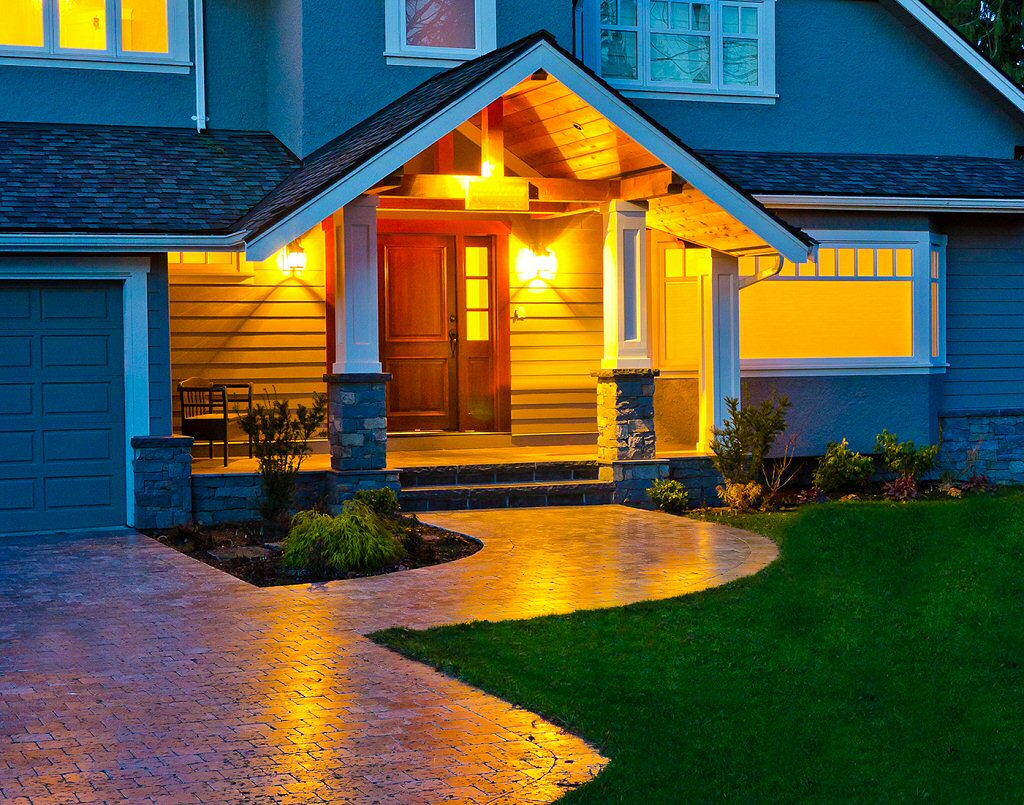
A popular form of outdoor lighting is to mount a light onto the exterior walls of your home as outdoor house lights. Ideally you'll place outdoor lights in key areas close to where you'll be moving or operating at night, such as porch lights or garage lighting.
Exterior wall lights can be placed next to a porch, in front of a garage, at a side door, or on a rear wall depending on how you access and move around the building. You'll want adequate lighting near any pathway that you'll need to navigate safely in the dark.
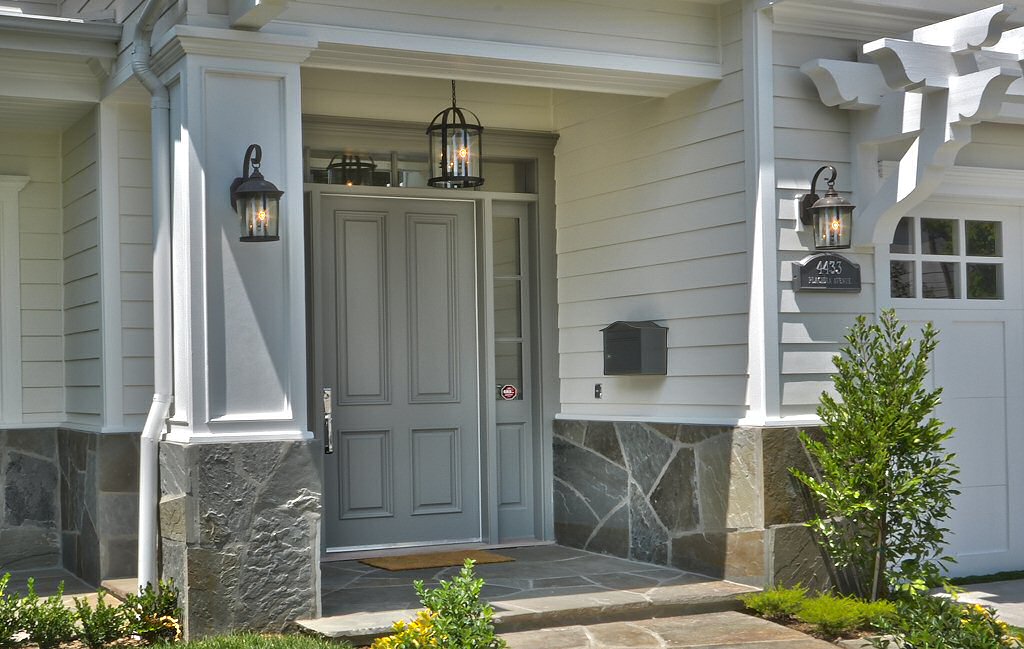
Porch lights
Porch lights are mounted usually either side or at least one side of your main front entrance. These outdoor wall lights are designed to spread light in a local area, outwards and downwards.
Outdoor porch lights or outdoor wall sconces should be mounted near to shoulder height. This will provide a downward light to help you with your keys etc while keeping direct glare out of your eyes.
Sometimes called 'coach' lights due to the kind of lanterns used on horse-drawn coaches, these outdoor wall lights light up the steps and entry-way and nearby path leading to the entrance, to provide safety and help you to see what you're doing.
Garage Lighting

Another popular choice is to position outdoor wall lights on the walls at either side of a garage. This garage lighting will help to light the driveway and surrounding area.
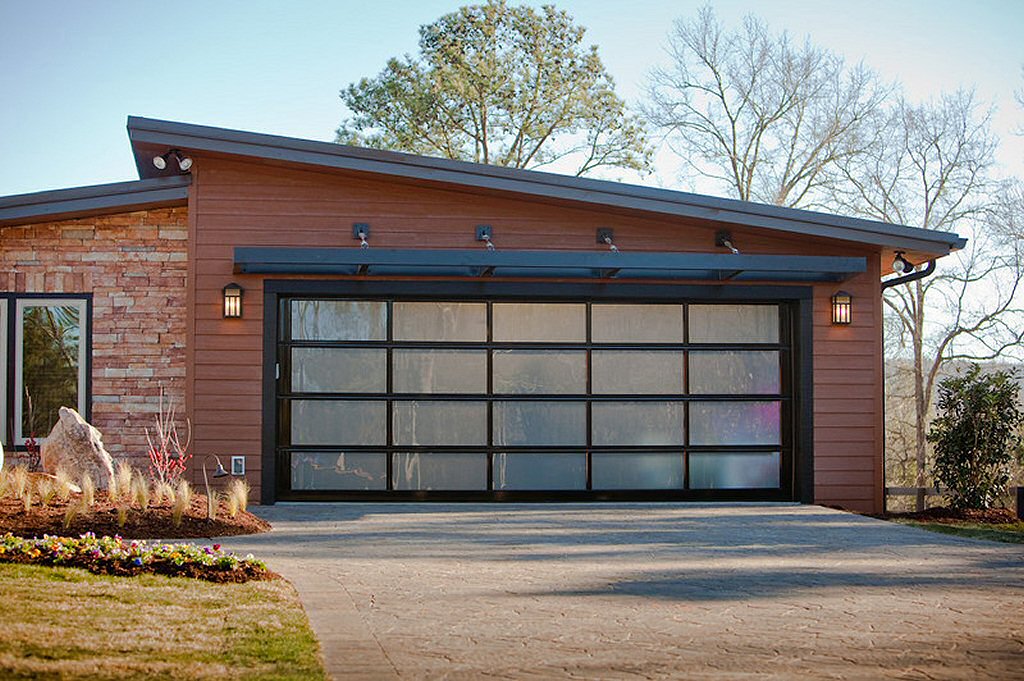
Exterior garage door lights work great to greet you when you return home in the dark and also light the larger driveway area for safety. Usually garage lights may be positioned too far from your front door to adequately light that area, so a combination of garage lighting and porch lighting works well.
Exterior garage lighting ideas are plenty- for a double garage or multiple garages, place your outdoor wall sconces at the outermost pillars of the garage to cover the whole area. Or alternatively opt for a flood light or motion sensor outdoor light above the garage to light the whole area any time someone drives up.
More Exterior House Lighting Ideas
Outdoor wall lights can be positioned at the side of the building and in the rear to light any areas where you might need to walk at night, or to help deter intruders.
Outdoor motion sensor lights can be a good option for front or rear areas. These lights are automatically activated when there is movement of significant objects or people. Security lights can help to improve the security of your home but also can instantly activate light when you exit the building, saving you from having to think about turning the lights on and off.
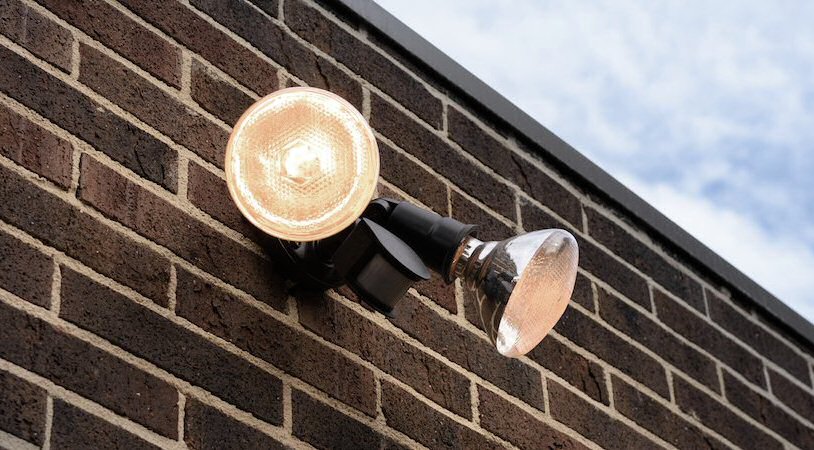
Larger buildings, such as with a row of garages or a wider home, may need more than one outdoor light fixture to adequately light the area. Backyard lights can include flood lights, motion lights, wall lanterns, landscape lighting or outdoor post lights.
Outdoor Ceiling and Hanging Lights
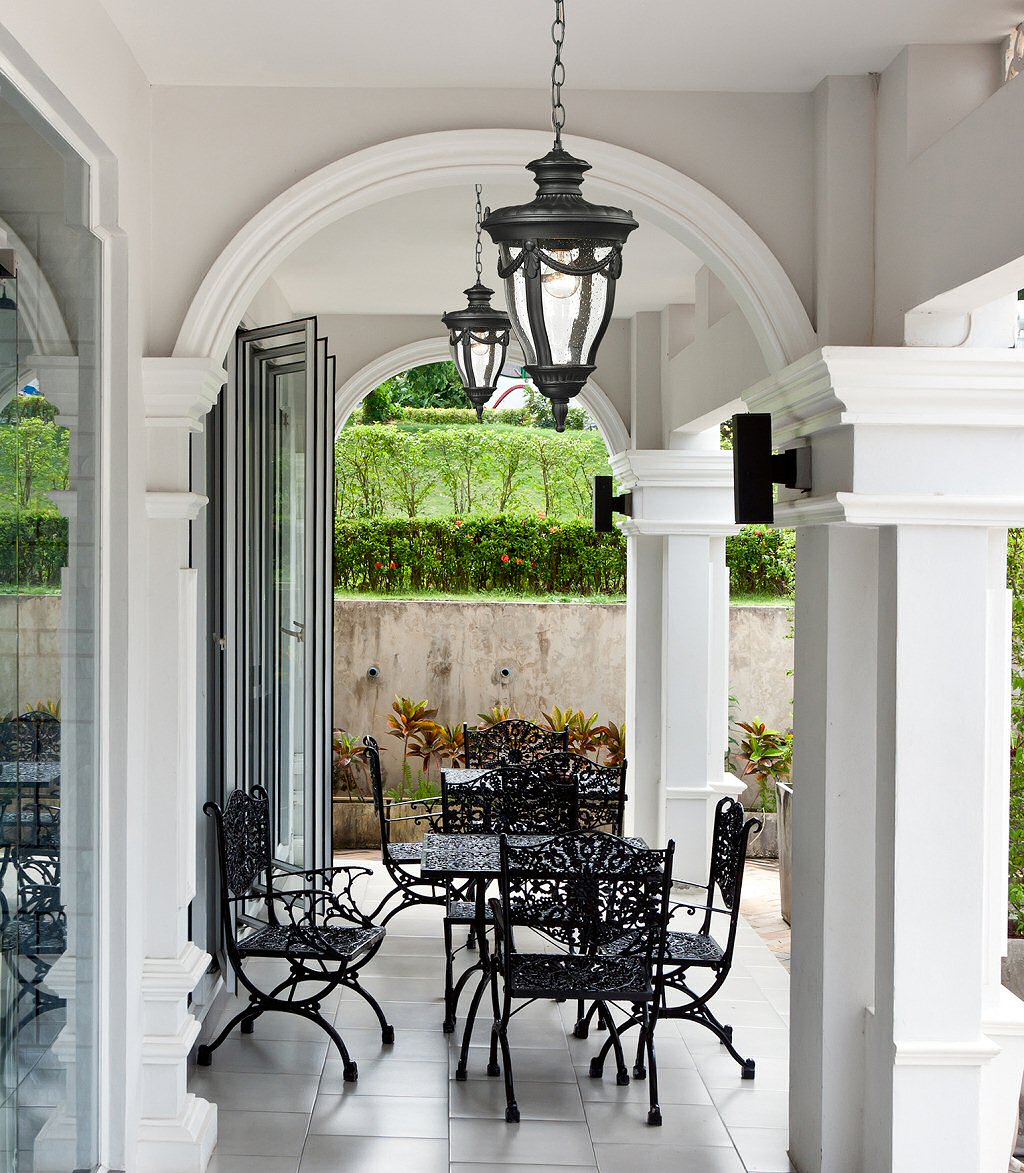
If your home or business has a porch or ceiling covering part of the outside area, or perhaps a covered patio, then outdoor hanging lights become an option. The outdoor lights can be attached to the underside of the ceiling.
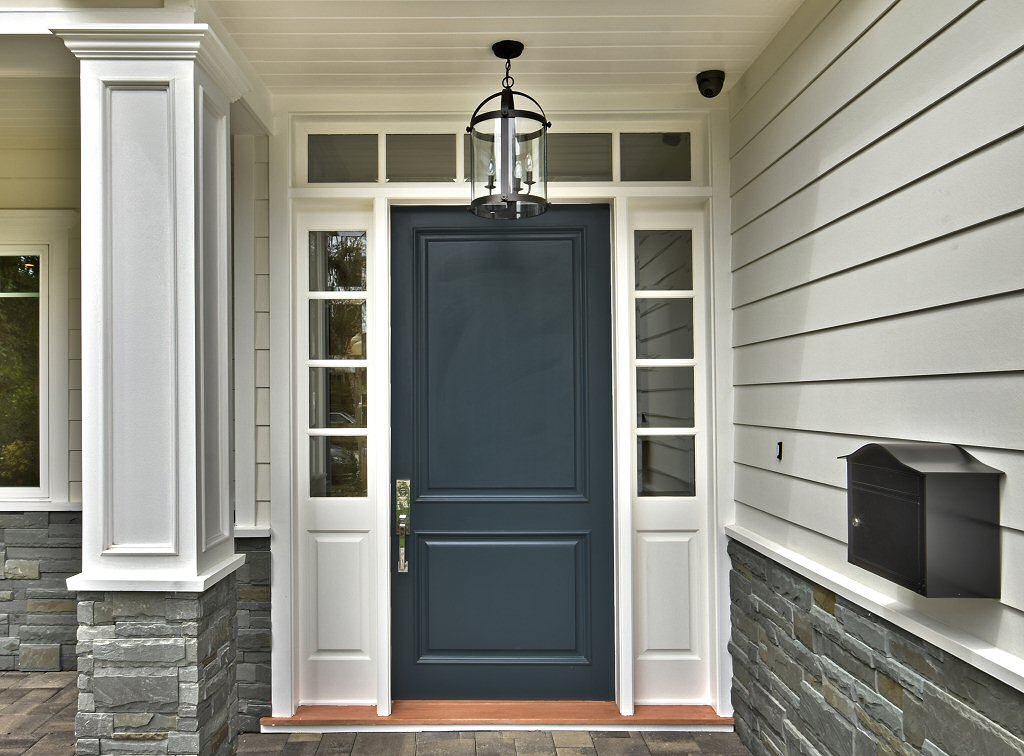
Outdoor ceilings lights include two main types:
- Outdoor ceiling lights or flush-mounted outdoor lights - these sit flush to the ceiling similar to an indoor flush mount light fixture, and shine most of their light downwards. Outdoor ceiling lights are ideally positioned above an entrance or area where you will be walking. Beware that they will cast downward shadows - it's helpful to offset this with sideways light from a nearby wall light fixture.
- Outdoor pendant lighting - these outdoor hanging lights hang down from a chain or stem or cord, with a hanging lantern on the end. The hanging lantern will radiate light sideways in all directions, as well as some light emitting downwards. You'll need a porch or ceiling that is high enough to accommodate the pendant, in order to leave enough headroom if you are going to be walking below them. Alternatively a hanging pendant can be used on a porch area in-between furniture or above a seating area.
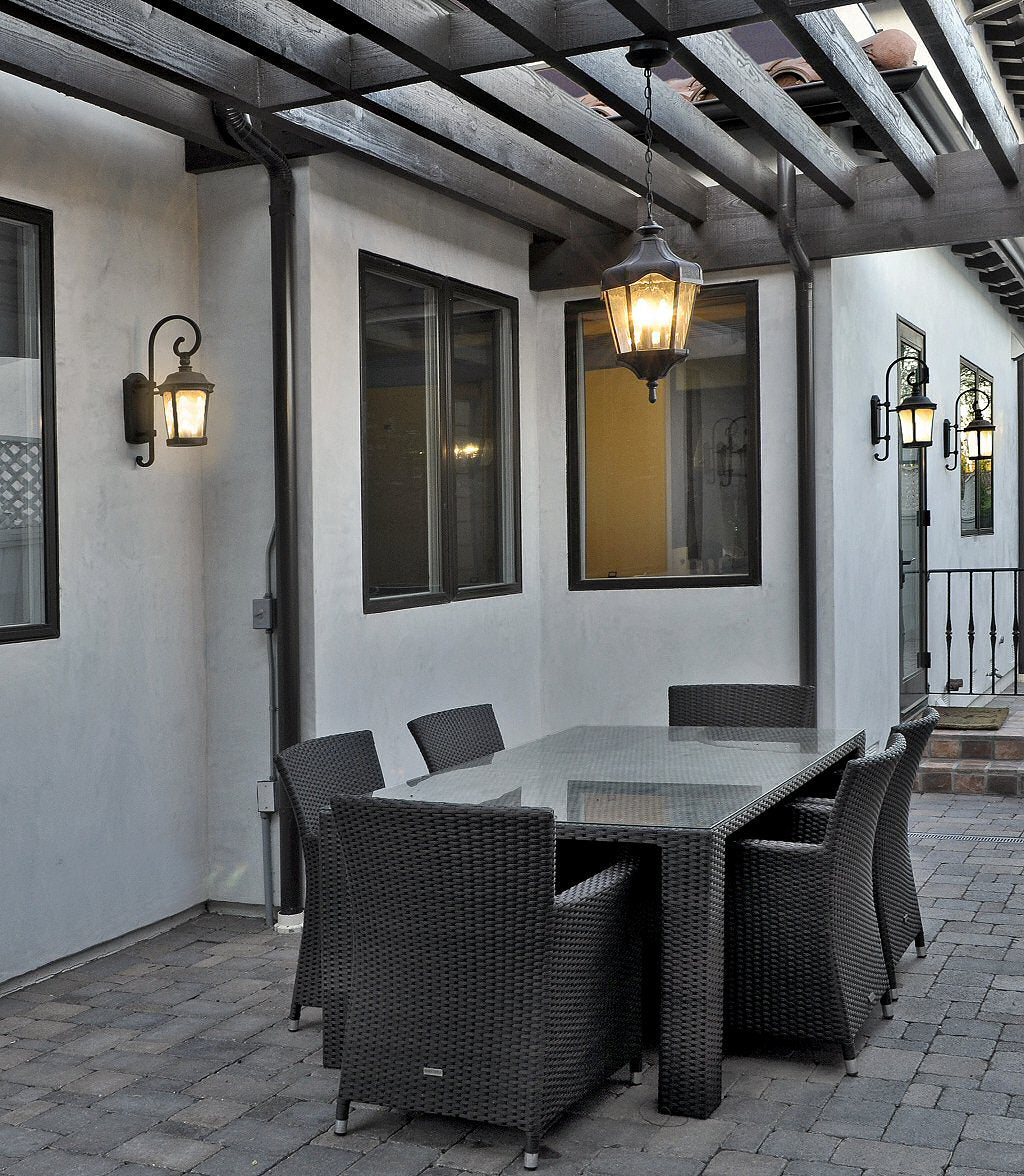
Outdoor Post Lights
The classic lamp post is well recognized as an established form of exterior lighting. You can position a light post almost anywhere on your property. Modern outdoor post light fixtures can take make forms, from the classic lamp post style to modern, angular and solar designs.
Typically a post light will radiate light in all directions and therefore are useful positioned in the middle of an expansive area such as in a yard, in the middle of the front lawn, or near to a driveway.

The outdoor pole lights are mounted so that the lantern is higher off the ground, so that some of its light will shine downwards onto the surrounding area. Lamp post lights are useful for lighting larger areas and generally should be positioned further from the main building.
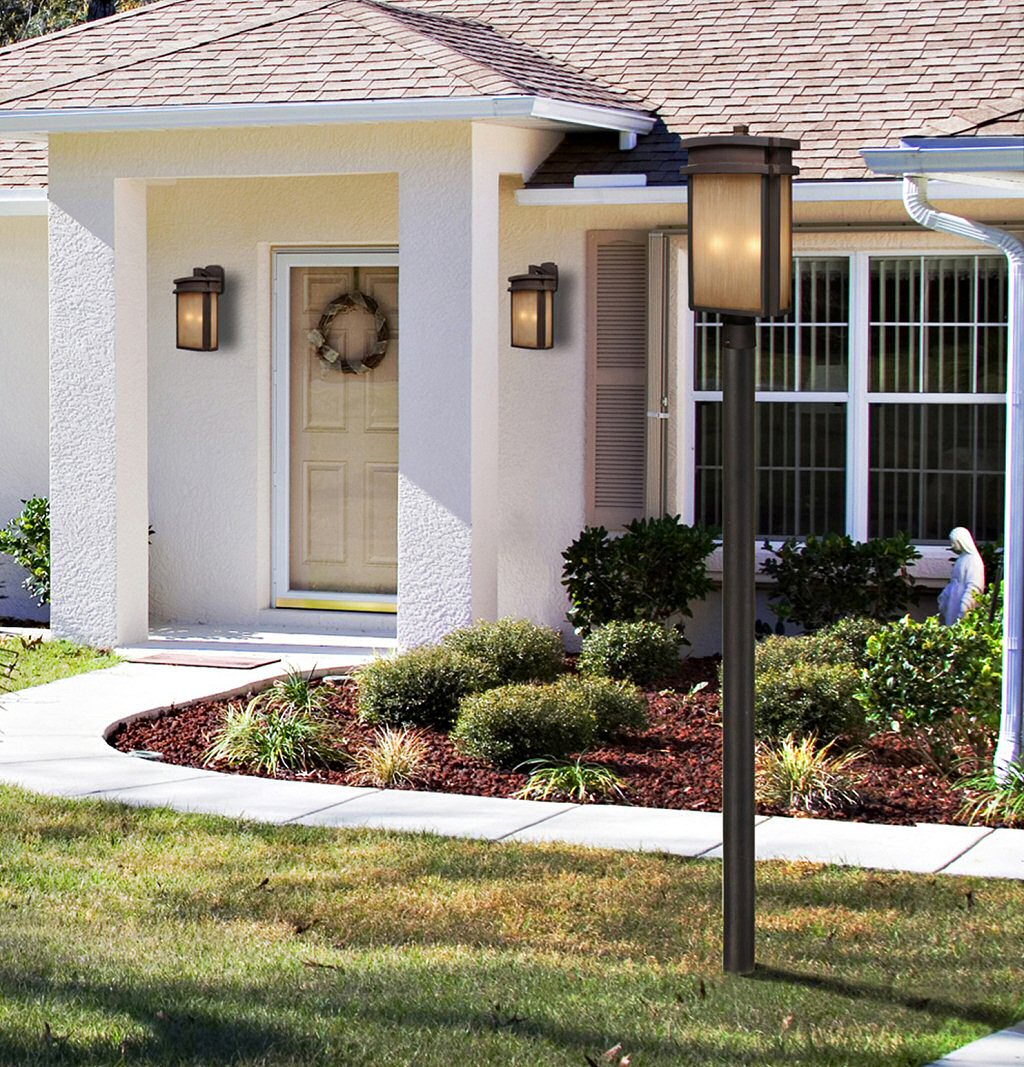
Solar post lights are becoming popular now, given that they are usually out in the open exposed to daylight. They can recharge in the day and provide light at night, saving on electric bills. With a solar lamp post equipped with long-lasting LED light bulbs, your outdoor post lights provide an energy-efficient alternative to incandescent lighting.

To light a longer driveway or to provide stronger light at the entrance of a driveway, light posts are a good option. Also consider a sequence of smaller landscape lights or path lights along the edges of the driveway.
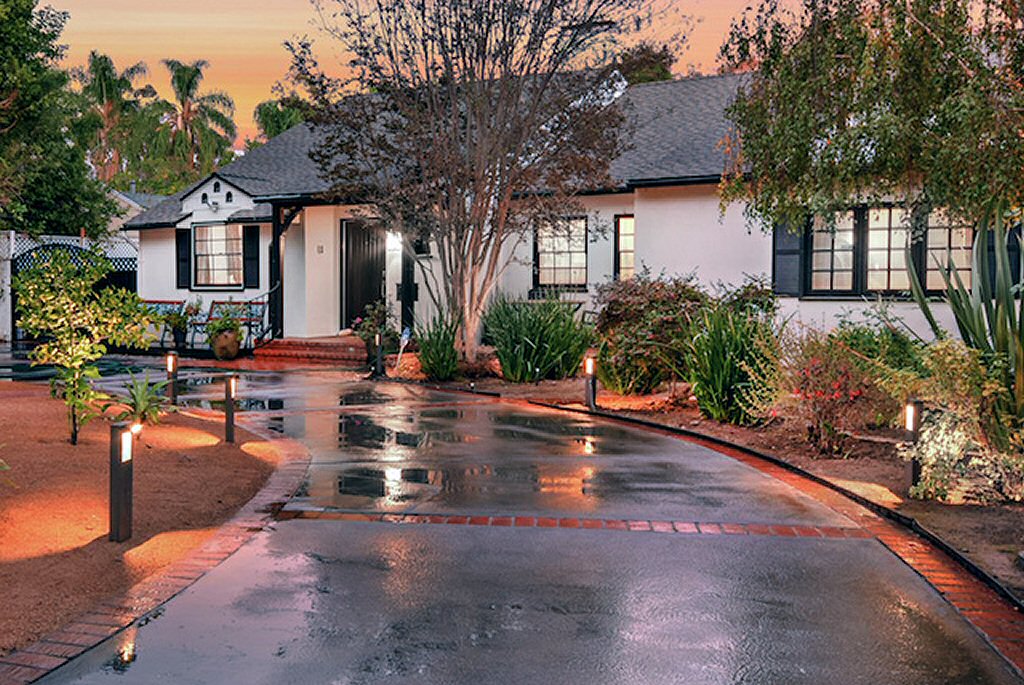
Remember also that since outdoor post lights emit light in all directions, they can best light pathways on the inside of a curve or where they might be able to serve more than one purpose.
More ways to mount Outdoor Light fixtures

While outdoor lighting can be mounted to a wall, or on top of a post, they can also be adapted to other surfaces. For example an outdoor post lantern can also be mounted on top of a wall using a pier-mount adapter.
This small unit secures the lantern to the top of the wall, so if your driveway for example leads with a low wall, you can mount a pair of pier-mounted lanterns either side, foregoing the need for a taller lamp post and bringing the light closer to the ground.
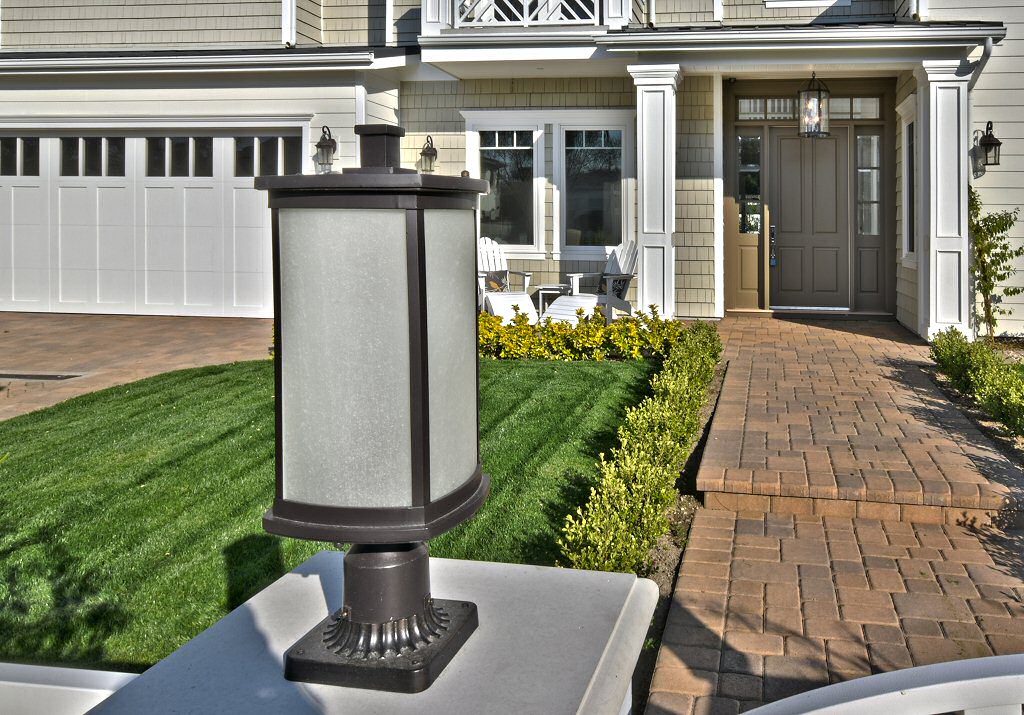
You can also install a post of some nature and secure a wall-mounted lantern onto the side of the post. The main thing to keep in mind is that outdoor light fixtures, except for solar powered lights, need an electricity source and so some kind of cable must run from the light fixture to the building.
Landscape Lights
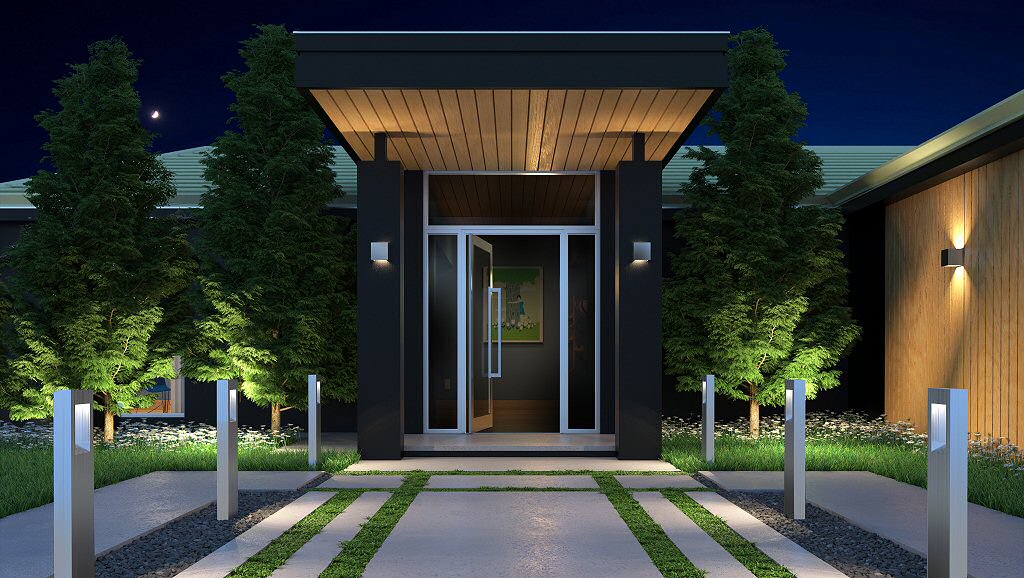
A large variety of landscape lighting is also available, designed to be positioned into the ground and to rise up a short distance to light the surrounding area. They serve more of an aesthetic purpose than a security one. As such, these lights tend to be less bright than full-scale light fixtures and so you may need at least a few of them to light a specific pathway or driveway.
Outdoor String Lights

String lights are a series of small lanterns or light bulbs which are positioned along a string or cord. More than just holiday lights, they can be "strung" between two posts, walls or trees for example. Outdoor string lights are designed for use in outdoor weather and provide waterproof string lights for use on a patio, deck or in a backyard. Similar to Christmas string lights, they usually plug into a regular electrical outlet.
Light ropes and strings can bring life to your party. Party lights can be hung between your building and a post on your deck, or perhaps from a tree or between trees in your yard. Particularly popular are outdoor LED string lights, which are energy-efficient, low cost and last a long time. In the evening or at night, these fun outdoor party lights can bring life to your deck or patio party.
You can also often join more than one set of string lighting together to form a chain, to a certain safe limit, allowing you to extend the outdoor string lighting further. Outdoor string lights create a festive, almost magical look to any outdoor space.
Outdoor Ceiling Fans
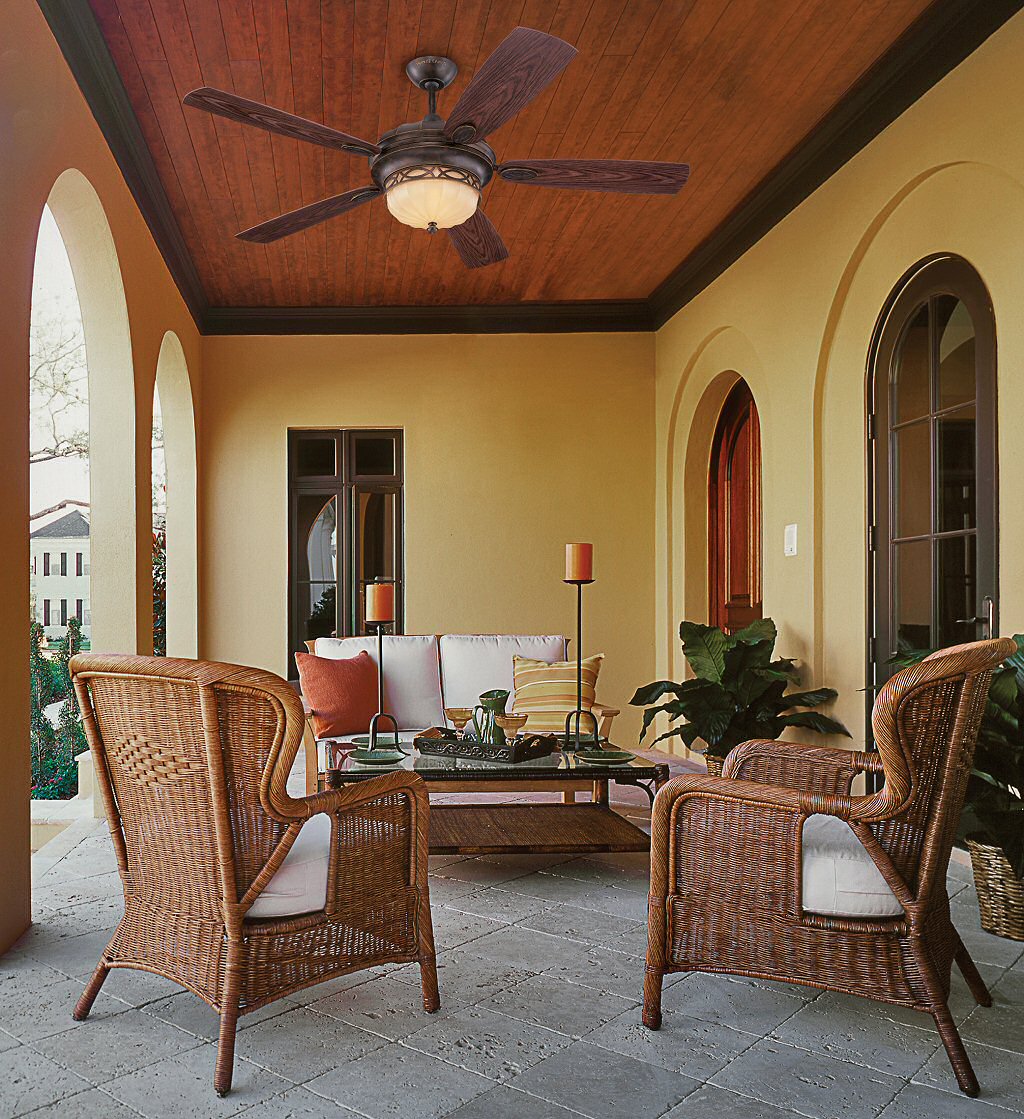
An alternative way to light and ventilate an outside space is to use an outdoor ceiling fan. If you have a rear covered patio for example where you barbecue and hold garden parties, you might want to invest in an outdoor ceiling fan with lights so that you can light the area and also help to keep cool in summer.
Outdoor fans are also useful in an exterior building or outhouse, such as a barn or work shed. Heat can build up quickly in less-insulated buildings and an outdoor ceiling fan can help to circulate cool air and keep things fresh.
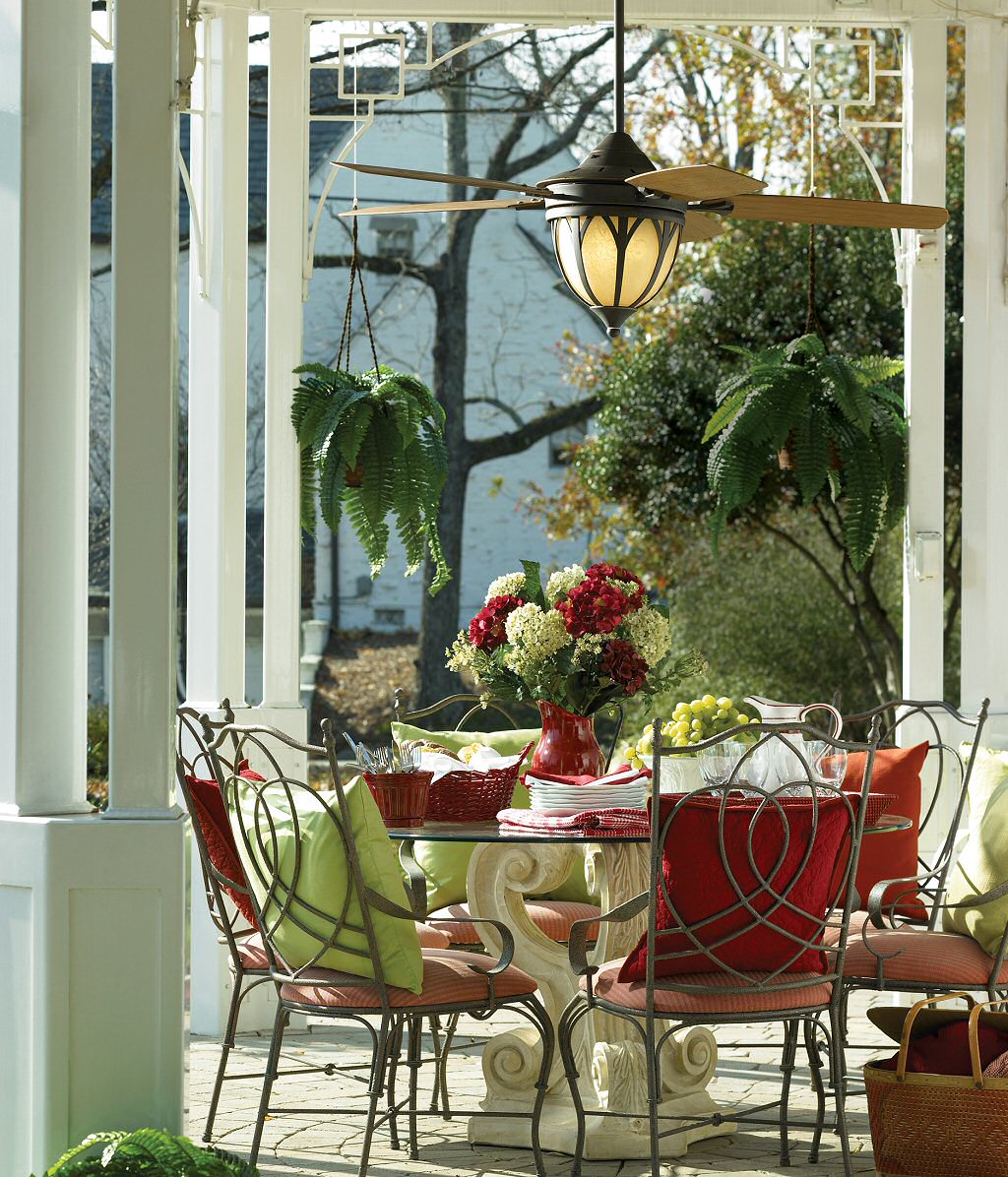
Outdoor ceiling fans are also a good option in a garage or workshop, where car fumes or other toxic smells need to be dissipated and the air can become congested. They will provide a centralized light fixture as well as help to keep the air safer to breathe.
Outdoor Lamps
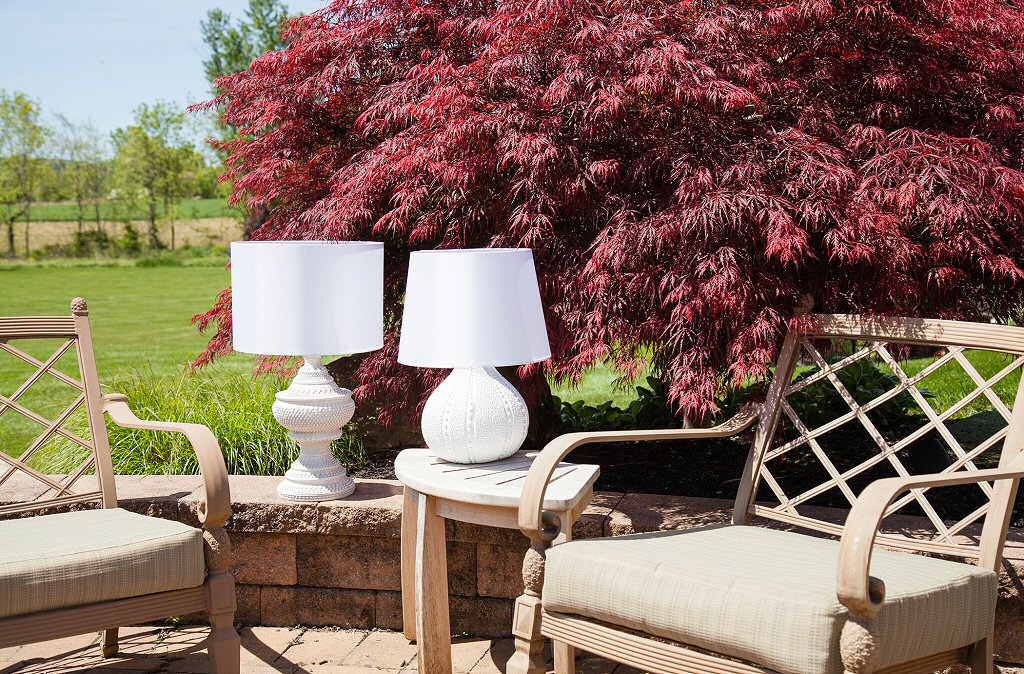
Outdoor lamps are designed to be weather-resistant and waterproof, with insulated electrical parts and carefully designed bodies. Note that outdoor lamps, like all outdoor lighting may accumulate dirt, debris, cobwebs, mold etc over time so may need to be cleaned occasionally.
In addition to outdoor lamps, there are now starting to be a few outdoor light fixtures similar to indoor fixtures, such as outdoor chandeliers, outdoor wall sconces, etc. These are styled similar to indoor light fixtures.
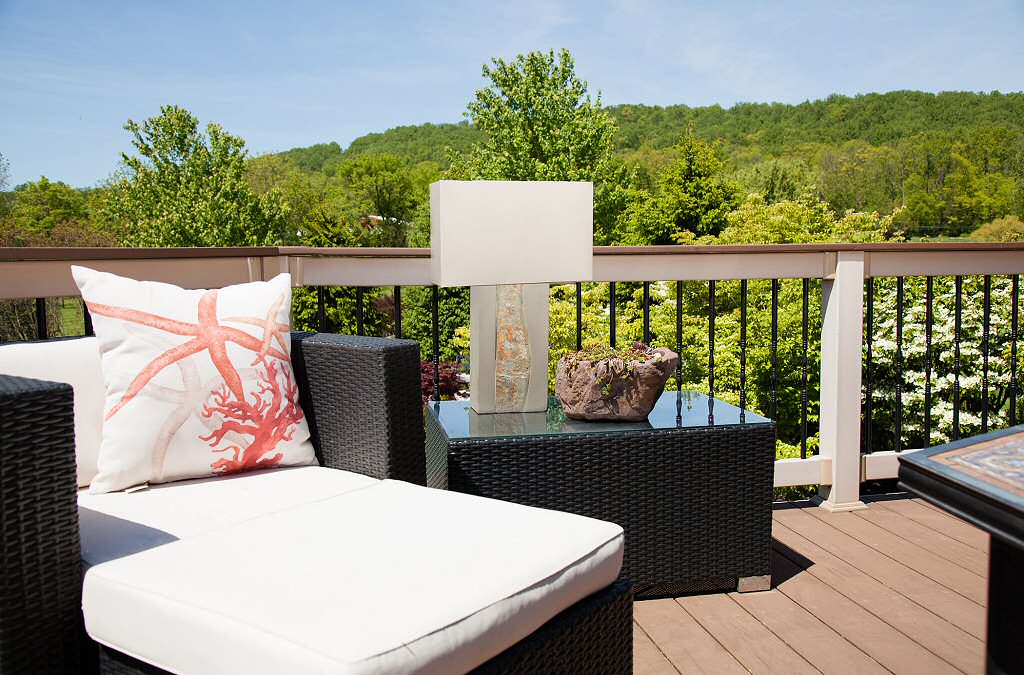
Outdoor lamps are designed to be especially weather and water proof, with insulated electrical parts and carefully designed bodies that deflect water and resist weather. Note that outdoor lamps may accumulate dirt, debris, cobwebs, mold etc over time so may need to be cleaned occasionally.
In addition to outdoor lamps, there are now starting to be a few outdoor light fixtures similar to indoor fixtures, such as outdoor chandeliers, outdoor wall sconces, etc. These are styled similar to indoor light fixtures.
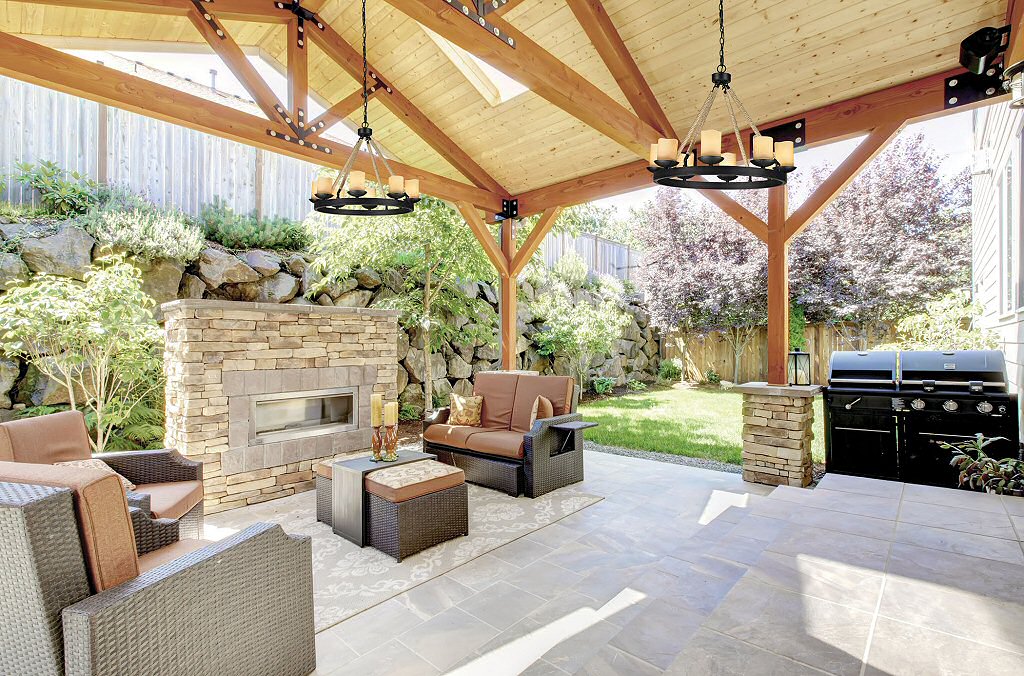
Outdoor Lighting Tips
- Try to match the style of the outdoor lights with the style of your building - modern, traditional, light, dark, warm, ornamental, etc.
- Check the safety rating of each light fixture - usually they are designed for "wet" conditions, but some may be designed only for use in "damp" areas such as under a covered porch away from direct rain. This is usually the case for outdoor ceiling fans.
- For harsh weather conditions such as sea water corrosion in coastal areas, consider light fixtures which are specially designed for coastal areas to resist the elements and prevent salt corrosion.
- It's better to use more than one light fixture. A single light won't likely be sufficient to safely light your outside area and will leave some important areas of your entryway in the dark.
- Exterior lights can either be hooked up to a circuit with a switch, or you can opt for outdoor motion sensor lights or dust-to-dawn lights which switch on and off automatically.
- Most outdoor lighting fixtures will need some kind of electrical wiring, unless they are solar powered.

Where to position Outdoor Lights
Where you can position your outdoor light fixtures depends partly on how they are designed to be mounted. Wall-mounted exterior lights generally must be mounted to a flat vertical surface. Whether this is a wall or some kind of wooden post or fence is up to you, but the surface must be strong enough to support the weight of the light fixture.
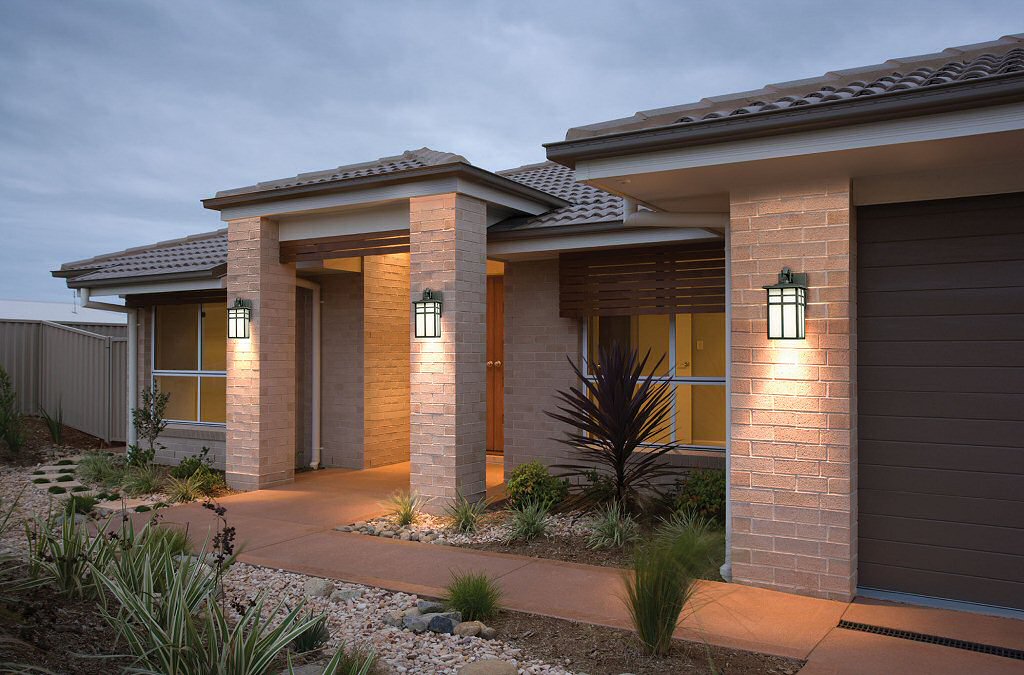
Similarly, post-mounted lights or pier-mounted lanterns must be positioned on top of a lamp post or a pier-mount adapter. This means either they'll be on top of a post positioned in the ground somewhere, or on top of a wall or flat surface. They can also be positioned on top of a wooden post or fence, provided it is stable enough to support the light fixture.
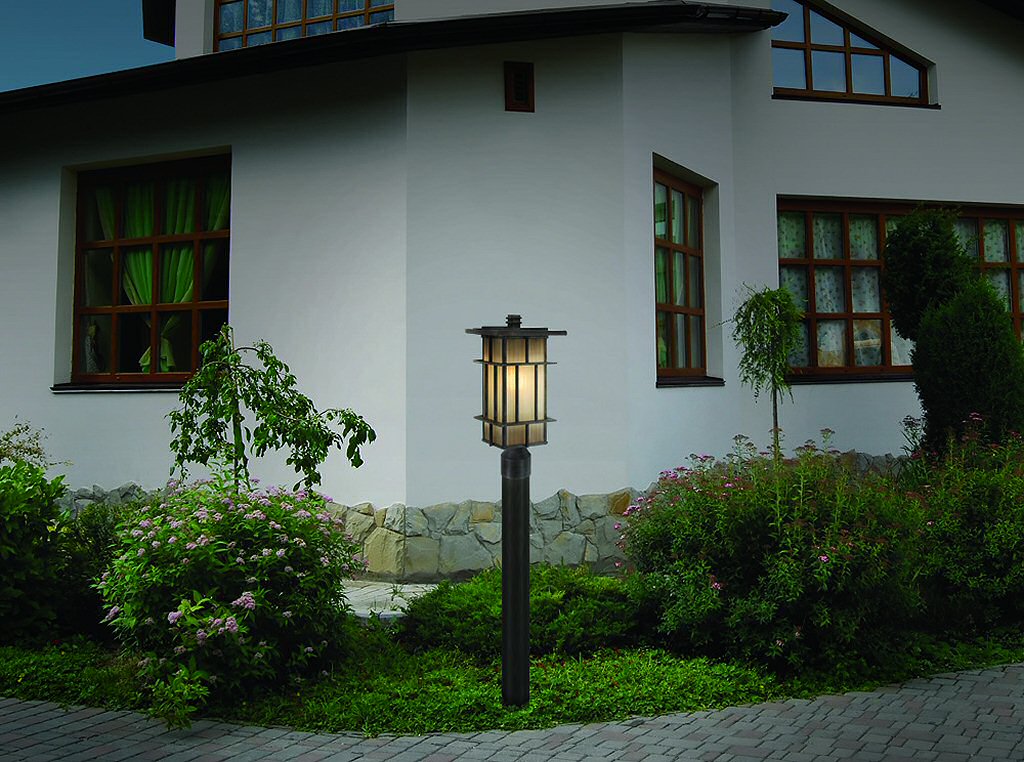
Locating outdoor lights generally means either you'll position lights on a vertical wall - typically your building - on a post or wall-top somewhere. When you need to also provide light away from walls, either using a post light or some kind of landscape, path or driveway lights are an option. Remember to light the critical areas where you'll be walking at night or moving the car.

Consider also the range or spread of the light emitted from the outside light fixture. If the fixture is designed to radiate light in all directions, consider placing it in-between two pathway areas to serve both areas, one on either side. It's more important to light areas where people will be active at night, rather than to try to light the entire landscape. Landscape lighting can be used for decorative purposes, to emphasize natural features or landscaping elements.

Some outdoor lighting ideas to keep in mind:
- Each light fixture outputs a limited range of light and so lights a 'local' area.
- The wattage and number of light bulbs has a lot to do with how bright the light will be.
- Focus first on lighting the most important pathways and driveway where you'll need to see at night, then expand into less essential areas.
- Don't forget to light the sides and rear of the house to help deter intruders and give you extra support at night.
- Consider the different spread or "shape" of light output by the light fixture, which may depend on the shape of the shade surrounding the bulb and how the light reflects outward.
- Instead of multiple lights you can opt for a single bright flood light to cover a larger area.
- Try to make maximum use of each light fixture - if it can light two areas instead of one, you can use less fixtures.
- Remember that overhead lighting can seem more natural and less eerie than light shining up from below.
- It's okay to use additional accent lights to "decorate" your yard and to highlight important bushes/trees/ornaments, shapes and textures to enhance the overall look of your building at night.
- Don't try to use a small light to light a large area, or too large of a light in a small area.
- Don't position lights too close together, but it's okay if they overlap somewhat as this helps eliminate shadows.
- Remember to leave enough headroom if you plan to use an overhead light above an entrance or walkway.
Porch Lights

Outdoor porch lights are positioned around your porch to help light your entrance for when you are leaving or arriving at the building. Porch lights are positioned typically either side of the door and around shoulder height to light the area. When you are arriving, this places light in-between you and the front door, so that you can see to lock the door.
If you have a larger porch or a wraparound porch, consider placing additional porch lights along its length, or invest in extra ceiling lights to light the whole area. You can also light your porch from above using a ceiling light, provided your porch is covered and there is enough headroom. Exterior entry lights are helpful for finding keys, and lighting the way for you and your guests.
Patio Lights
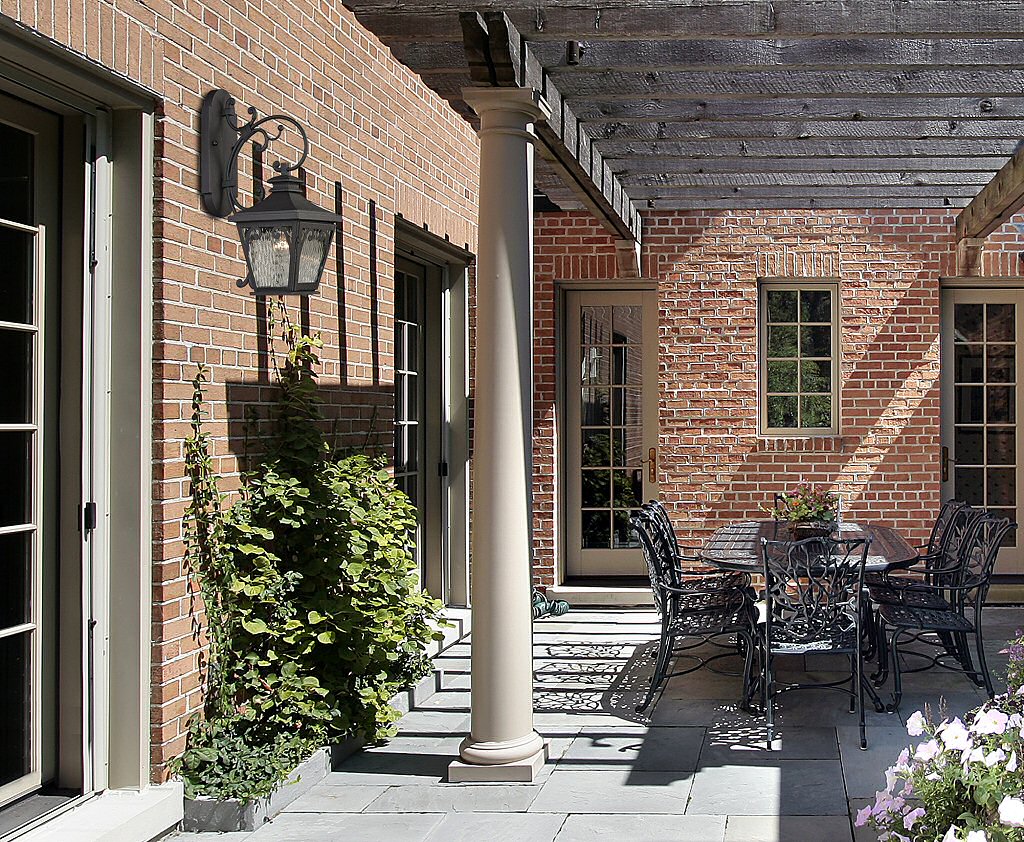
How you use patio light fixtures depends on whether the patio is covered. If your patio has a roof then you can use flush-mounted outdoor lights or hanging lights. If your patio does not have a cover, then you'll need to opt for a combination of wall lights, post lights and perhaps some outdoor lamps.
Outdoor patio lights include light fixtures, lamps and also landscape lights. You can position smaller lights around the perimeter of the patio. String lights are also an option. If the patio has a seating area, consider using an outdoor lamp or lantern next to the chairs.
Flood Lights and Motion Sensor Lights

Outdoor motion sensor lights are usually wall-mounted lanterns or flood lights which include a movement detector. The range of the motion sensor will be limited to a local area but when it detects motion, it will switch the lights on automatically. This can help to keep your property safe, deter intruders, and also activate lighting when you are in the outside area.
With motion detector lights, you won't need to be concerned about when to switch the lights on or off. Some of the best outdoor motion sensor lights include flood lights which use bright light bulbs designed to flood the yard or driveway with light. Due to exposure to sunlight, solar motion sensor lights are also an increasingly viable option.
Security lights help to keep your home safe and deter intruders. With outdoor motion sensor lights, your building can be kept more secure and a lit area provides less hiding places for would-be intruders. With outdoor security lights you can create a sense of safety in your home and in your neighborhood. Consider adding a security light to your front driveway or at the rear of the house.
Garage Lighting
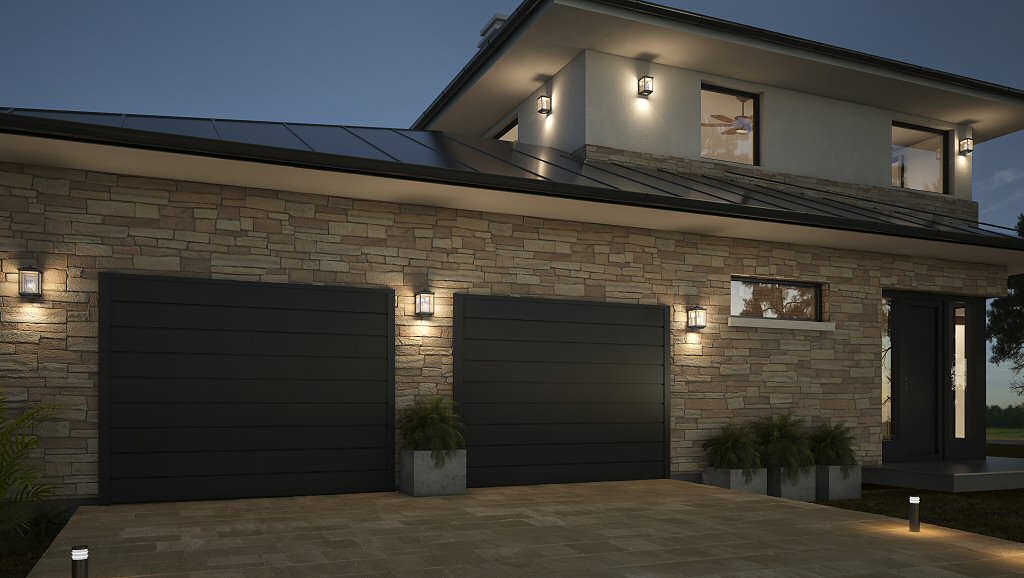
When your home or business features a garage, there likely won't be enough light from a porch light to sufficiently light the driveway, so you'll need exterior garage door lights. Ideally you'll place one light fixture either side of the garage door.
For a multi-door garage, garage lighting can be positioned at the outermost pillars of the garage walls, or alternatively in-between each garage. Remember also that a flood light or motion sensor light could be mounted above the garage to light the driveway area. LED garage lights are also useful for saving energy and cost.
Garage lights for use inside a garage include outdoor ceiling fans with lights, work lights, specially shielded/caged ceiling lights, fluorescent tube fixtures, spot lights and barn lights. You may also want to investigate shop lights or lights designed specifically for work environments.
Barn Lights
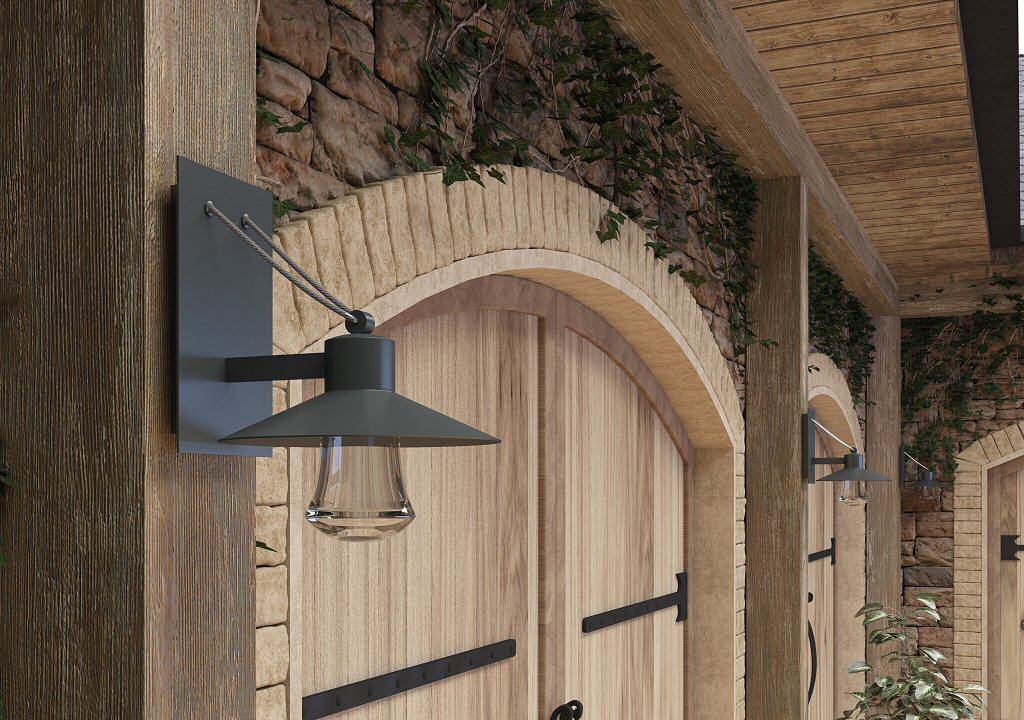
Barn lighting can be used as driveway or garage lights, or at a porch as well. Place a barn light high enough so that the light can shine downwards over the area. Barn lights are also useful in an actual barn or outside shed, workshop, garage or similar external building.
You can also bring outdoor barn lights indoors, for example to use them in a kitchen or dining room to create a farmhouse-style room theme using farmhouse light fixtures. To figure out whether you need gooseneck or pendant barn lights, check out our handy comparison.

Barn lighting can be used as driveway or garage lights, or at a porch as well. Place a barn light high enough so that the light can shine downwards over the area. Barn lights are also useful in an actual barn or outside shed, workshop, garage or similar external building.
You can also bring outdoor barn lights indoors, for example to use them in a kitchen or dining room to create a farmhouse-style room theme using farmhouse light fixtures.
Driveway Post Lights
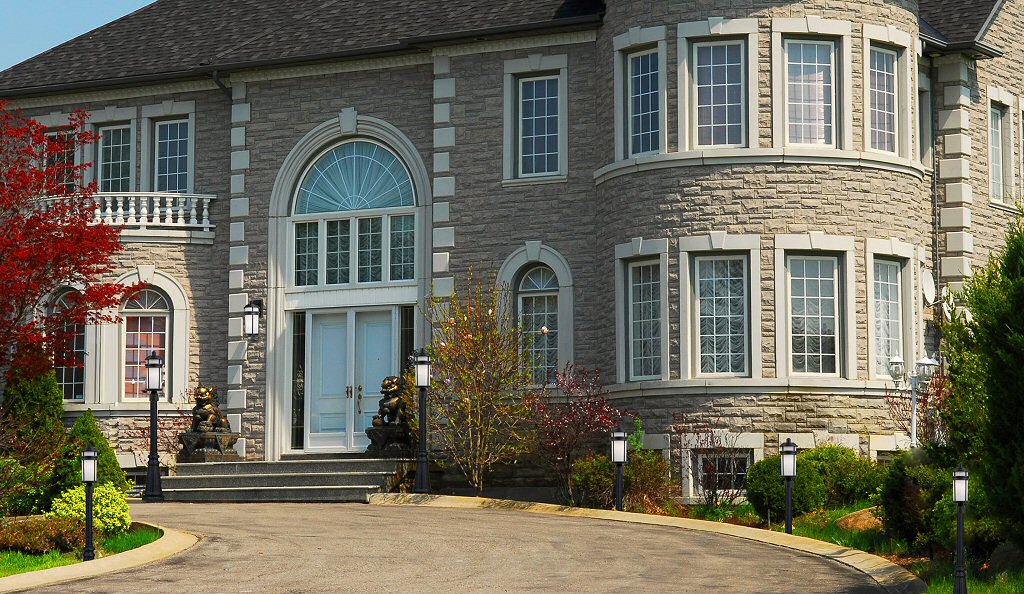
Post lights can be positioned near to or alongside a driveway in order to light the entrance to the property. Outdoor post lights can light a wide area and spread the light across the yard. It's best therefore not to position them exactly next to what you want to light, but near to, so that their light can be used for a larger area.
Outdoor post lights can also be placed at the front entrance of a driveway in order to create a grand entrance to the building and to welcome guests. Always keep in mind the main activities that you'll be performing at night and where you will need light the most. Light generally costs money to generate, so you usually won't aim to light your entire property, only the areas that are useful or have the most access.
Outdoor String Lights

String lights can be useful for providing an entertaining outdoor space, for a party or as wedding lighting. String some sets of string lights to a pole or between trees for example to gently light the area and create a party atmosphere.
Outdoor string lights are designed to be weather proof and long-lasting, are easy to install to a normal electrical outlet and can be moved around. Draping the string of lights so that it sags in the middle creates a relaxed, elegant look ideal for social occasions. String lights don't have to be ugly, they can be quite decorative, colorful and bring your party to life.
Deck Lighting
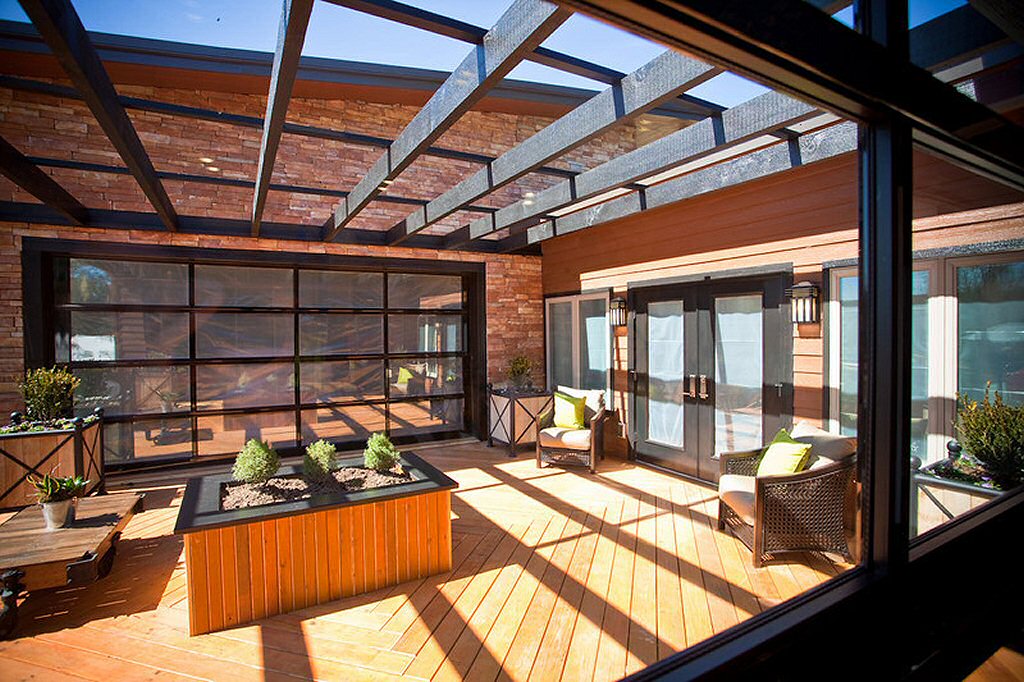
To light your deck, first consider that the deck is likely next to a wall of the house. It is ideal to use the wall to provide a main light fixture or two, such as porch lights or similar outdoor wall lights. This can act as the main light to light the area.
Beyond this, the deck can be further lit with string lights, deck lights, deck post lights or other types of outdoor lights. Small lights called "deck lights" are available which can be mounted into side walls or steps to provide local, soft lighting.
You can also utilize outdoor lamps, which are designed to be weather resistant and add a touch of indoor magic to your outdoor living space, creating an "outdoor room". Tiki lights or torches are also an option for outdoor lighting, along with the use of small outdoor lanterns or outdoor candle lanterns.
Backyard Lighting
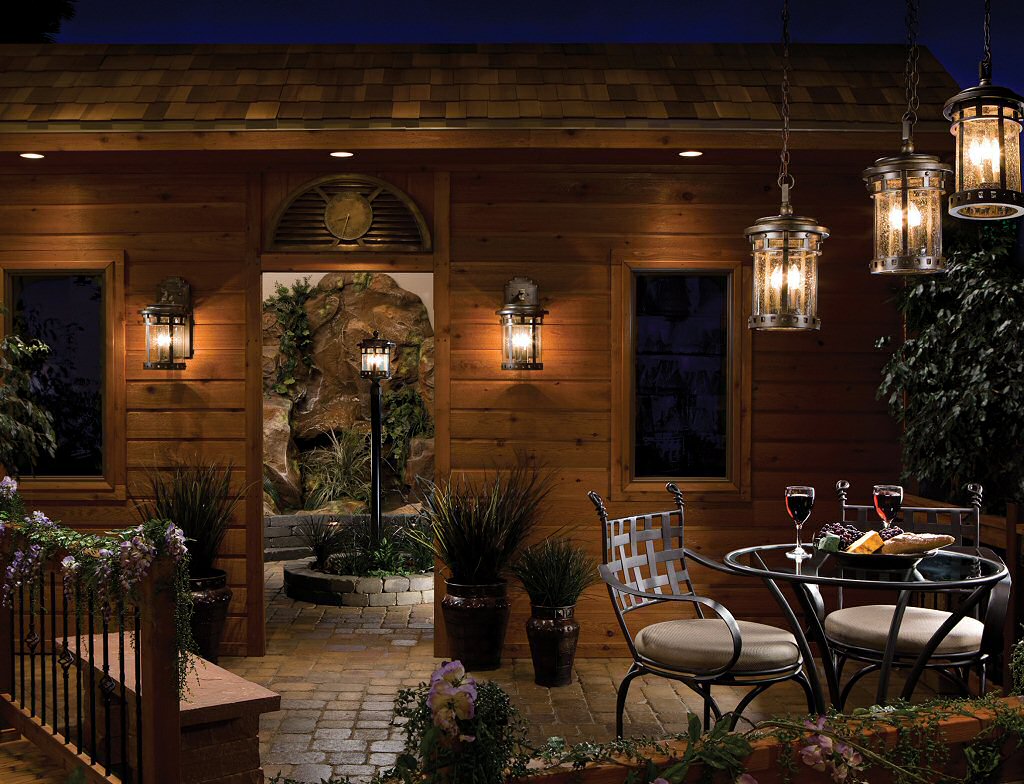
A backyard can often be larger than a front yard, and may stretch some distance from the home. A flood light or porch light can be mounted onto the rear wall of the home to light the nearby area. However, to extend further you'll need to consider a post light or some other landscape lights.
Garden lights can include landscape lights along pathways or around planted areas, backward lighting to illuminate key trees or bushes, path lights to light the way towards key areas, and also hanging lanterns or string lights are an option.
Pier mounted lights

Sometimes at the front entrance to a driveway you'll have a decorative, low wall surrounding your front yard, or at least the driveway may be flanked by pillars of some kind on either side. Instead of mounting post lights here, you use a pier mount adapter to mount what would be a post-mounted lantern on either side.
These entry lights then create light not only at the entrance but also outside, to help guide you into the driveway and lead you towards the building. Possibly you may also have other areas of your landscape where you have retaining walls or decorative walls designed to establish planting areas. A lantern or two could be mounted on top of the walls or at corner junctions to provide extra light.
Path and Landscape Lights
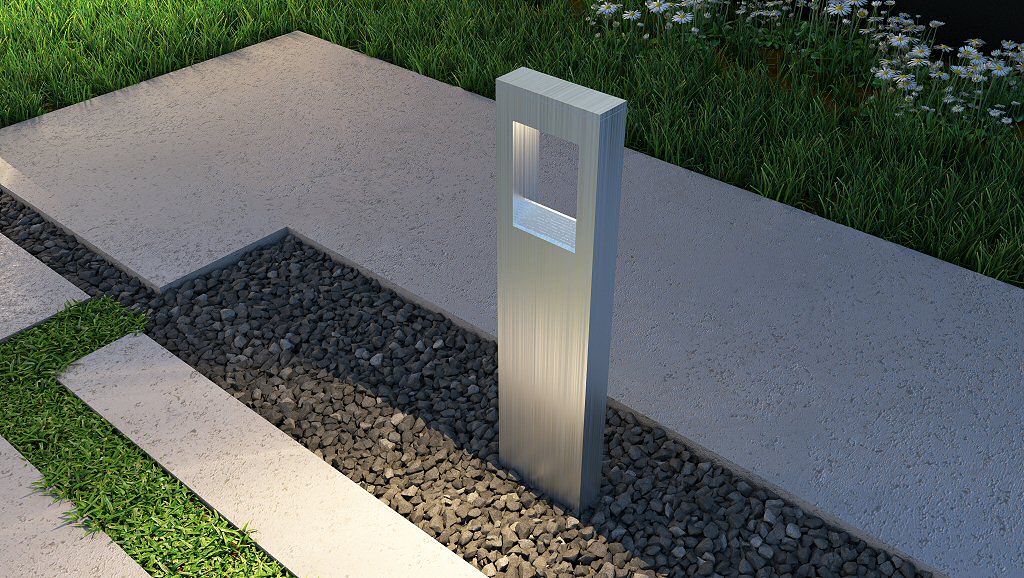
As pathways meander around your landscape, in various directions, you'll need to navigate at night and be careful not to step on anything unexpected. To help light the way, use small path or landscape lights along the edges of the pathway so that you can see not only where you're stepping but also the general direction the path follows ahead.
You'll need to combine at least a few path lights together in order to get a sense of the shape of the path and to provide enough light as to travel along it. Landscape lights can also be used to highlight interesting vegetation or sculptures, using elements of your landscape as decorative features to bring your home's overall look to life.
Remember that a set of path lights will need to be installed electrically using a cord running to the building. Otherwise, look for long-lasting solar powered landscape lights which can recharge themselves - but beware that they may not last as long and you cannot typically switch them on and off unless they are charged.
Step Lights
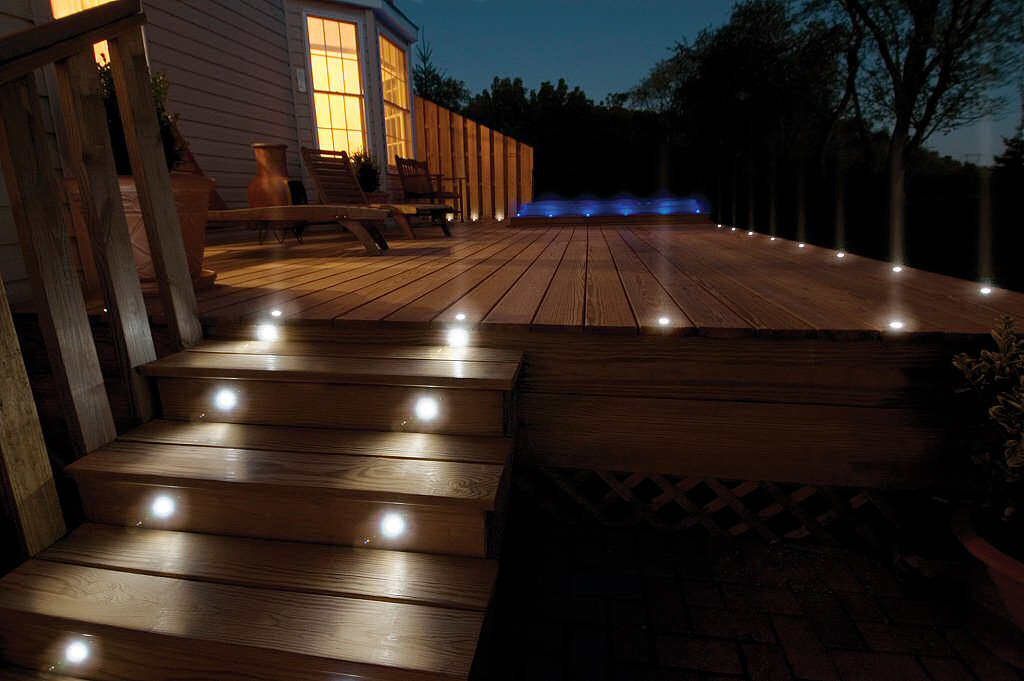
Finally, if your entrance entails some stairs leading up to the house, the steps are a key area where you need to be safe and to see what you're doing, especially if you've carrying groceries. Step lights are mounted usually at the sides of each step or set of steps, to illuminate the area and make it safer to traverse.
If you can't mount step lights onto your landscaping, consider instead mounting some other type of outside lights nearby to light the area, preferably from above.
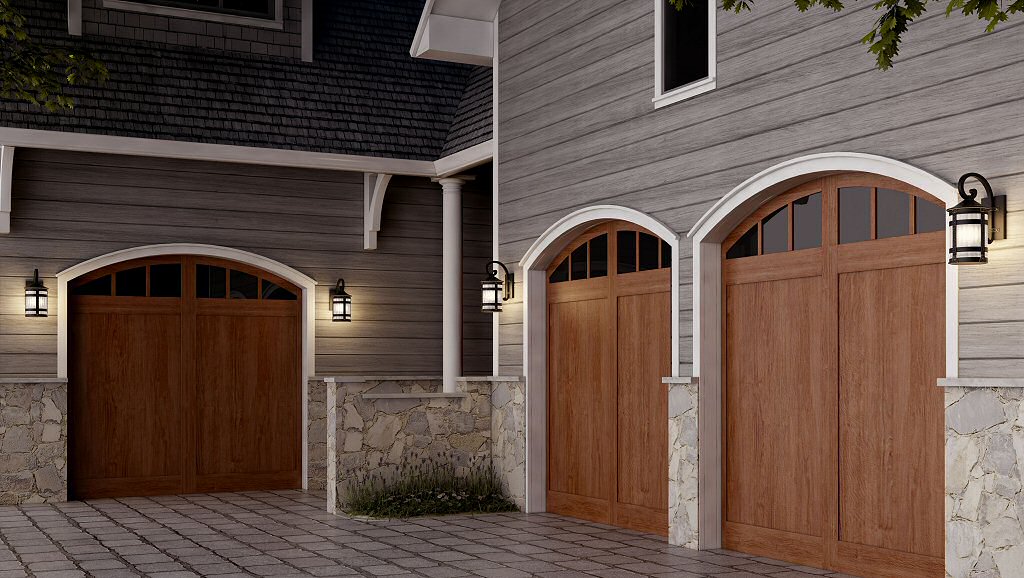
Special types of Exterior Lighting
While there are several main types of exterior lights in terms of their form and function, there are also some special varieties of each which are geared towards special uses. These include outdoor led lights, solar powered lights, coastal lights and dark sky lighting.
Outdoor LED Lighting
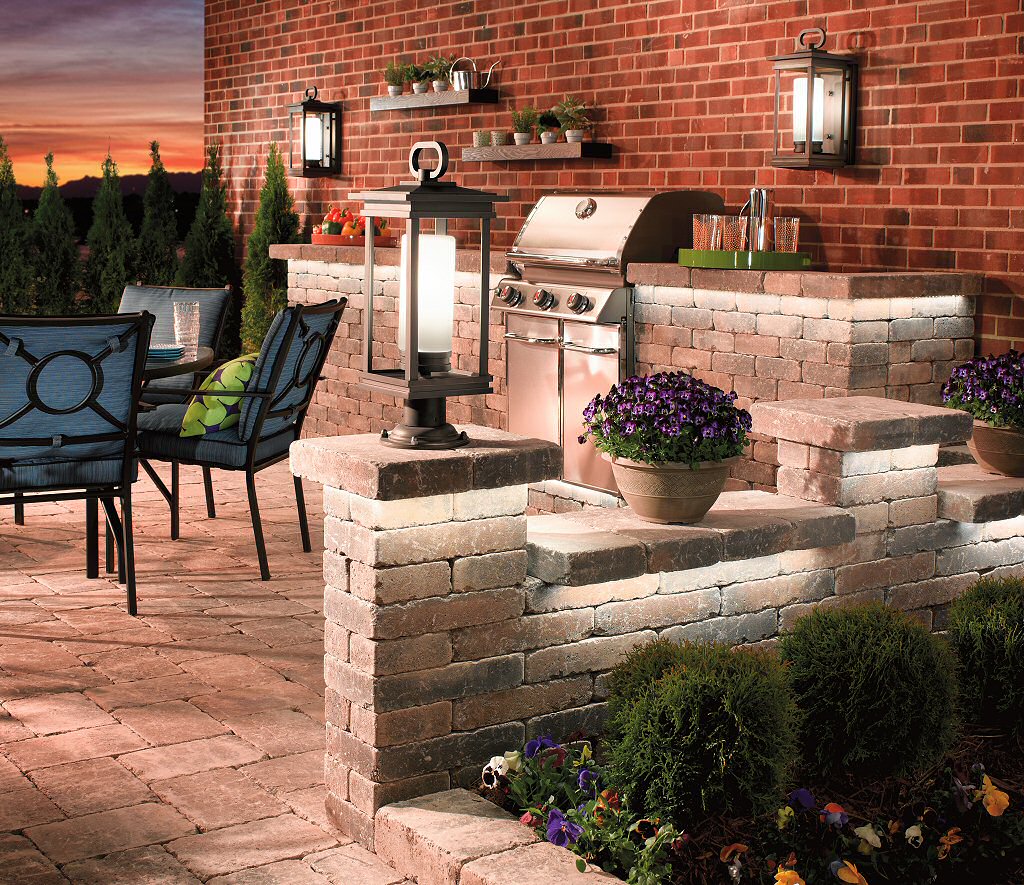
Originally, most outdoor lights were powered by regular incandescent light bulbs. Recent years saw a shift towards fluorescent or compact-fluorescent bulbs, but more recently we've seen a surge of new outdoor LED lights. LED bulbs usually contain multiple small light units which together produce a bright and long-lasting light. They use less energy, save money, and usually will never have to be replaced.
LED flood lights are a popular choice now, since flood lights provide string lighting and use of them is quite frequent. It's beneficial to save on flood lights by using outdoor LED flood lights instead of more costly ways to produce light.
LED Security lights are a similar option, offering outdoor LED lighting in the form of a motion-sensor security light, to reduce expense and energy bills.
LED string lights are also popular now for their energy-saving and versatile designs. Use outdoor led string lights for long-term, reliable string lights or party lights.
LED garage lights are available, either by using regular outdoor light fixtures combined with a screw-in LED bulb, or light fixtures designed specifically with integrated LED lights. These forego the need to replace the light bulb at all.
Exterior LED Lighting can take the place of most types of outdoor lights. The led bulbs are safer, less likely to break in harsh weather conditions, are longer lasting and produce bright light.
Solar Post Lights
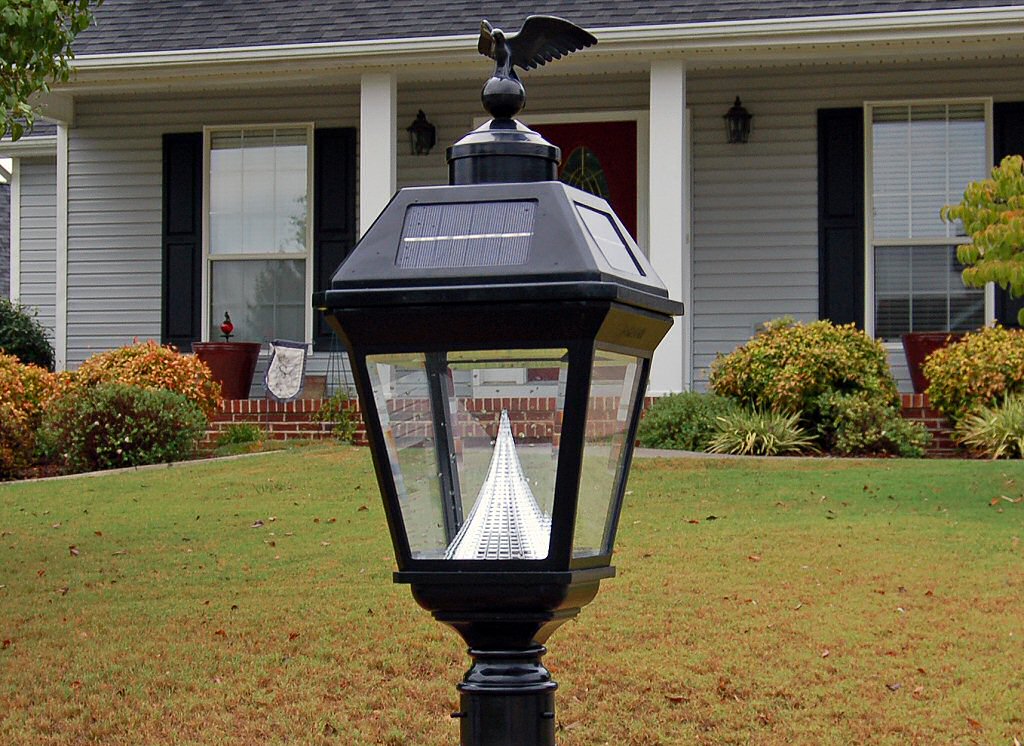
While Outdoor LED lighting has become quickly popular for outdoor lighting, solar-powered outdoor lights are the next wave of energy-saving outdoor lighting options. Since post lights are often out in the open exposed to the sun, they are an ideal candidate for collecting energy from sunlight in the daytime and then being able to shine brightly at night. Just make sure the fixture still is designed to output a bright enough light.
Bear in mind that a solar lamp post or deck light or other type of solar outdoor light will only hold a certain amount of charge and may or may not lose its ability to provide light as the night goes on. Check the specification of the solar-powered outdoor light to make sure it's designed to provide long-lasting light output.
We're beginning to see various types of outdoor lights shifting toward solar. Solar means that you can do away with electrical wiring installation, making them easier to install and maintain. The state of the art is currently solar-powered LED outdoor lights.
Coastal Lighting
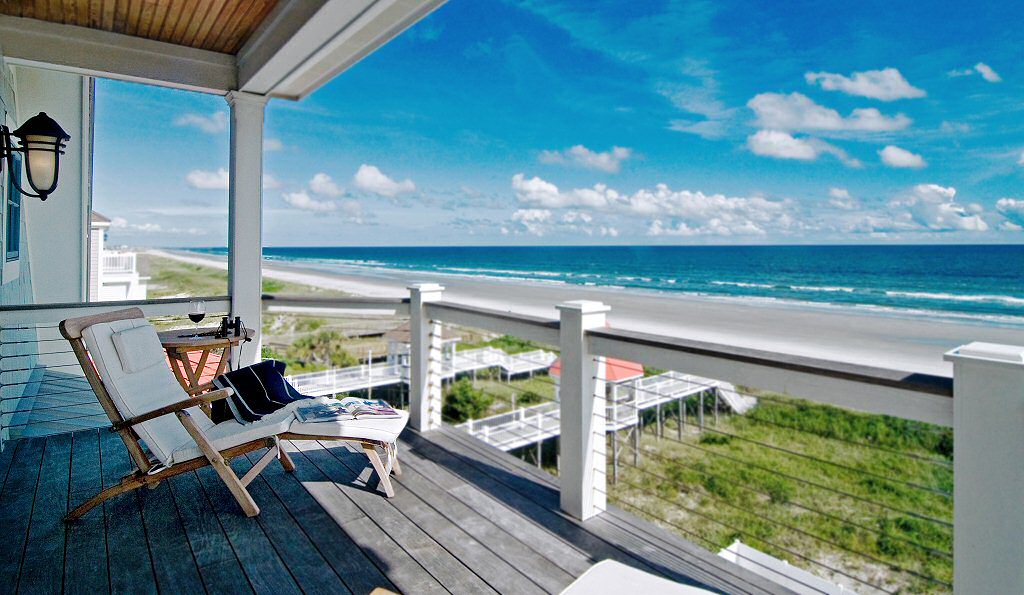
If you live near to an ocean or lake, you may find that the increased moisture and salt water put an additional burden on all elements of your exterior. Your outside lights are no exception, and their materials may be more prone to rust, corrosion or weathering. Harsh sea air can wear down the lifetime of the light fixture and interfere with the materials it's made from.
With this in mind, look for coastal lighting or weather-resistant outdoor lights which are specially designed with reinforced coatings and materials to brave the harsher weather conditions. Vivex is a popular choice and there are others.
The enhanced coating helps to keep the fixture from corroding and thus lasts much longer in these conditions than typical light fixtures.
Dark Sky Lighting
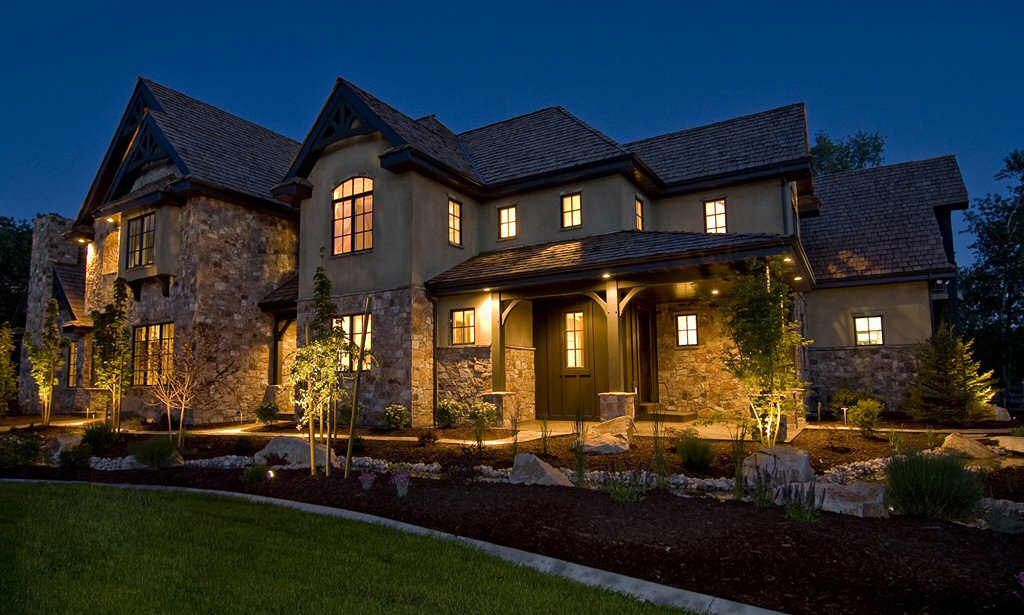
Light pollution is a problem with outdoor lighting and any light you add will contribute to the overall "light bleed" in your area. Light shining outwards and upwards from light fixtures, or reflecting off the ground, contributes to this also. It's also possible to pollute the area of your neighbors property if your lights are bright or flooding the area.
One way to combat this is to use environmentally-friendly "dark sky" light fixtures, which are outdoor lights designed to shield the light bulb as much as possible, so that light emits mainly downwards. Any light emitting to the side is kept to a low angle so that light does not shine upwards. This means that typically the light bulb will be kept mostly hidden from view. This helps to deflect the light away from the sky thus keeping the sky "dark" and free from city glow.
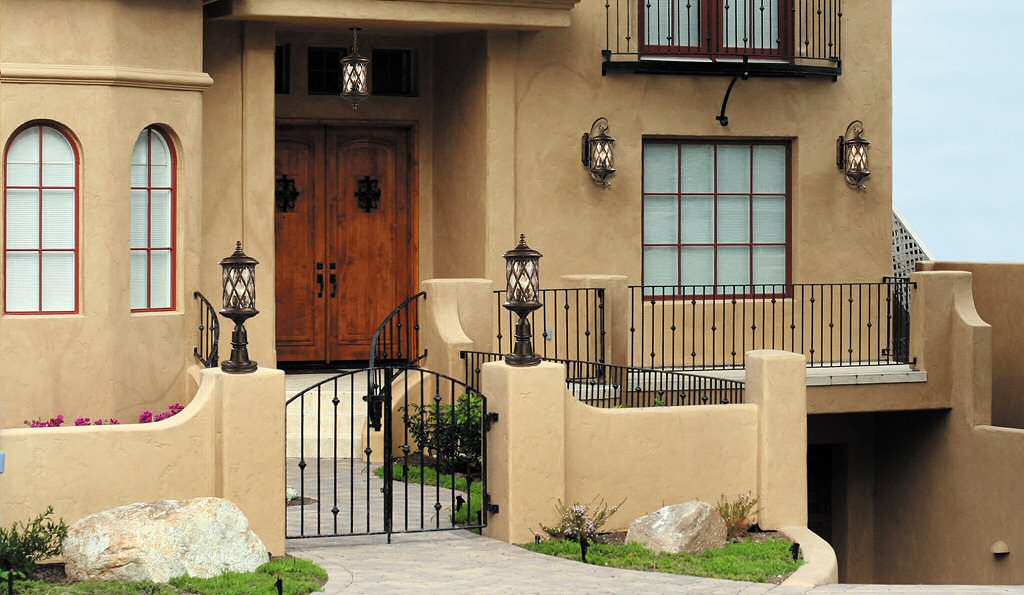
Outdoor Lighting Accessories
Various lighting accessories are available for outdoor lighting to either assist with installation of the lights or to accessorize them.
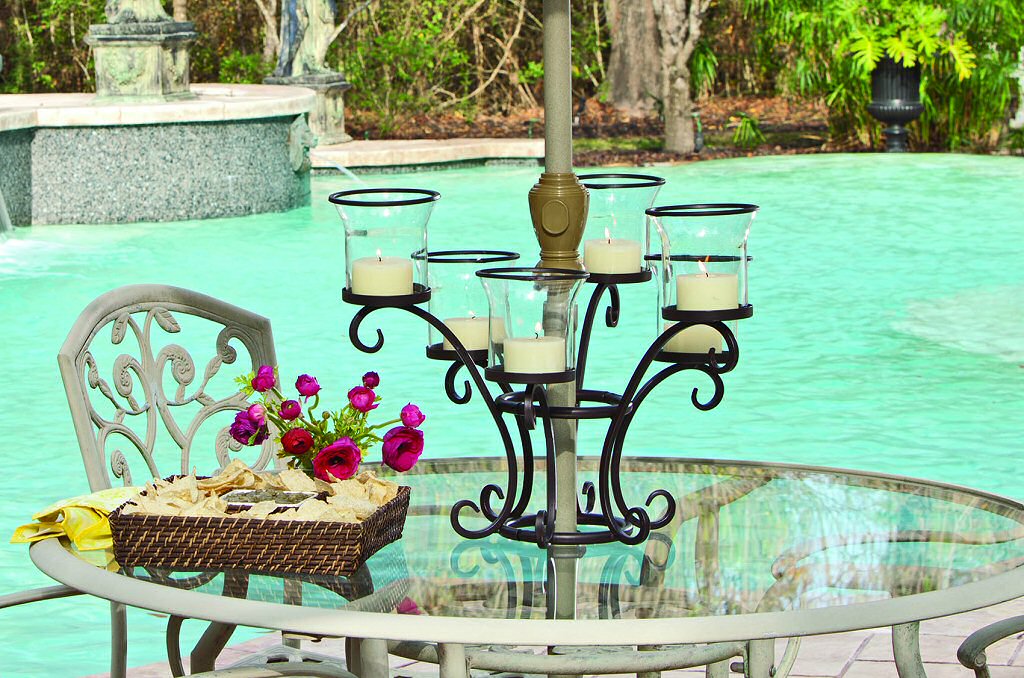
Lamp Posts
To mount a post-light, you will either need a lamp post or a pier mount adapter. Posts typically come in lengths of feet, such as a 4-foot or 6-foot post. The post width is important because it must match the opening of the bottom of the lantern so that the two can be connected or mounted.
Lamp posts are usually available from the same manufacturer who makes the light fixtures, but you may have to request them. Otherwise check your local hardware store.
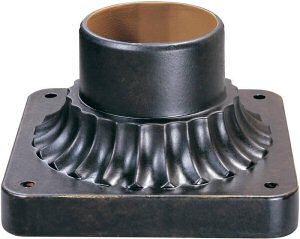 Pier Mount Adapters
Pier Mount Adapters
A pier-mount adapter allows you to mount a post lantern without using a lamp post. It is mounted on top of a wall or fence and allows the lantern to sit on top of that without adding much additional height.
Outdoor Light Bulbs
Outdoor light fixtures still have to output light somehow and will therefore use some kind of light bulb or bulbs. Usually the fixtures will feature a screw-in socket for accepting standard-base bulbs. These can include compact fluorescent bulbs or also modern LED screw-in bulbs.
Bear in mind also that light bulbs are now available in a 'full spectrum' variety which produces a more natural whiter light which you might find preferable rather than a 'yellow' style incandescent light bulb.
LED light bulbs will be longer lasting than other types and also save money on electrical bills due to their lower wattage. You'll have to check the wattage and socket/base of the bulb to see if you can use an LED bulb with your light fixture, but most outdoor light fixtures will accept an 'upgrade' to LED.
Electrical Hardware
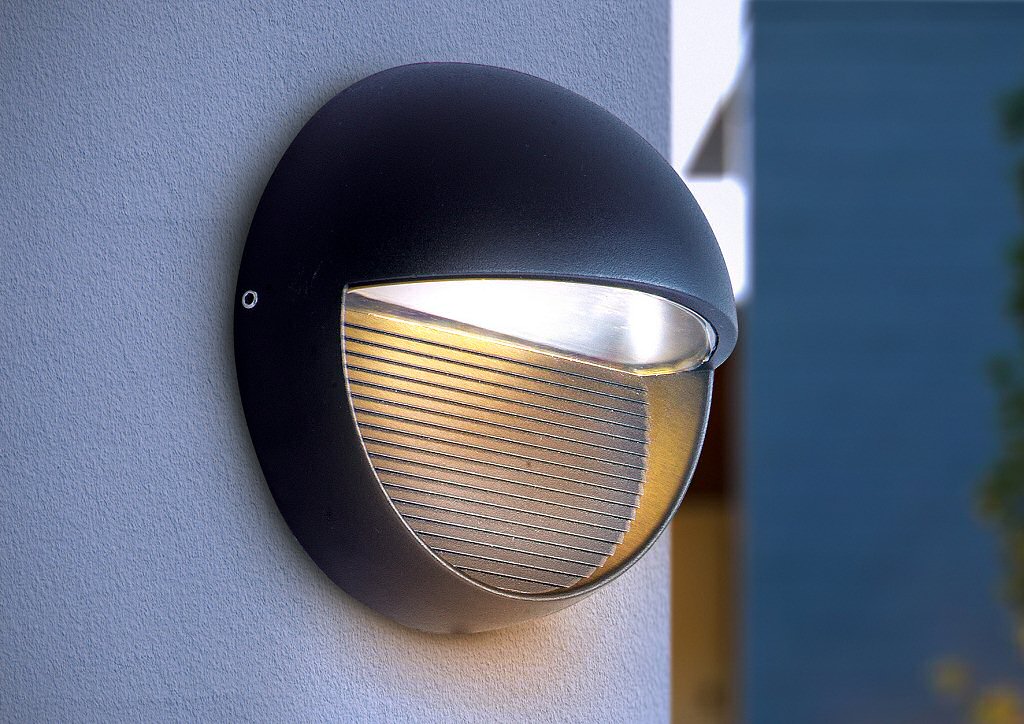
Please note that while outdoor light fixtures will be equipped with a short amount of wiring, they will not be equipped with a longer cable to travel over a distance. Wall-mounted fixtures and those wired directly into an electrical output or junction box can be installed right away without extra cable.
But for example a post light which is further from the building will need additional electrical installation with cabling, switches and so on. Check with your local hardware store and remember to only install electrical devices following safety procedures.
Styles of Outdoor Lighting
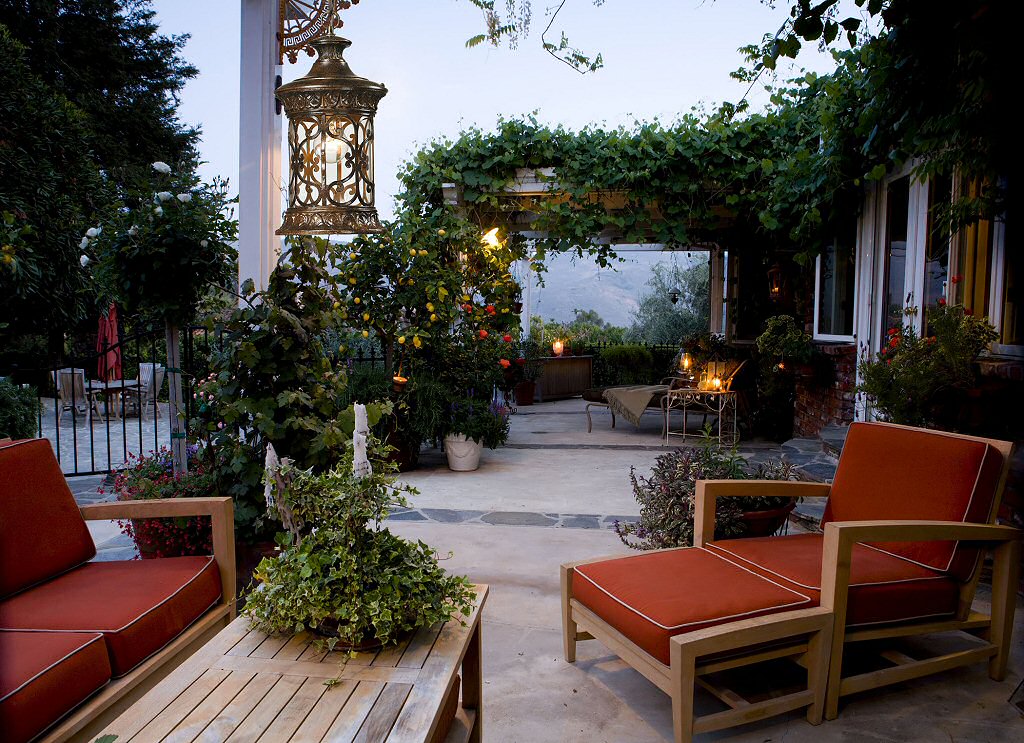
Exterior lighting doesn't have to look merely functional or ugly. Outdoor lights are now designed with a wide variety of styles designed to both uplift the look of your home or business but also to complement the style of the building and surrounding area.
Try to consider what the "style" of your building is. For example, very modern looking outdoor lights will not sit well against a more traditional styled building. Try to examine where the building has clean lines and straight edges, or more curved, or has ornate elements. Also look at the coloring such as whether fixtures are lighter or darker, warmer or more neutral etc.
Generally speaking silver and lighter or colored finishes will look more modern, while bronze, brown and black finishes may look more traditional, because those were the kinds of classic finishes available many years ago. Modern styles tend to be more "clean" and basic in their shapes, while more traditional styles are often more detailed and "fancy".
Contemporary/Modern Outdoor Lights
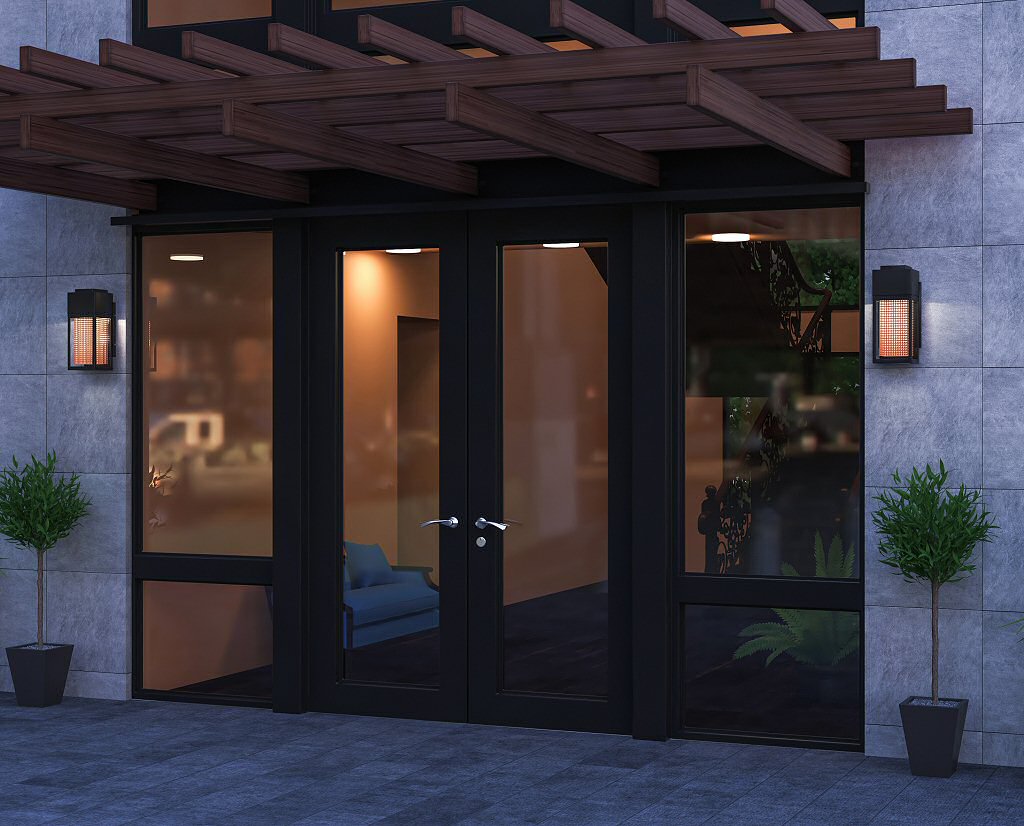
Modern outdoor lights are often sleek looking using modern materials, straight lines, unusual shapes and flat surfaces. They may also break the mold and give a futuristic look using shapes and design methods which simply were not possible before. Flat wall light fixtures are modern and minimal, and may match a house with a similar aesthetic.
Traditional Outdoor Lights
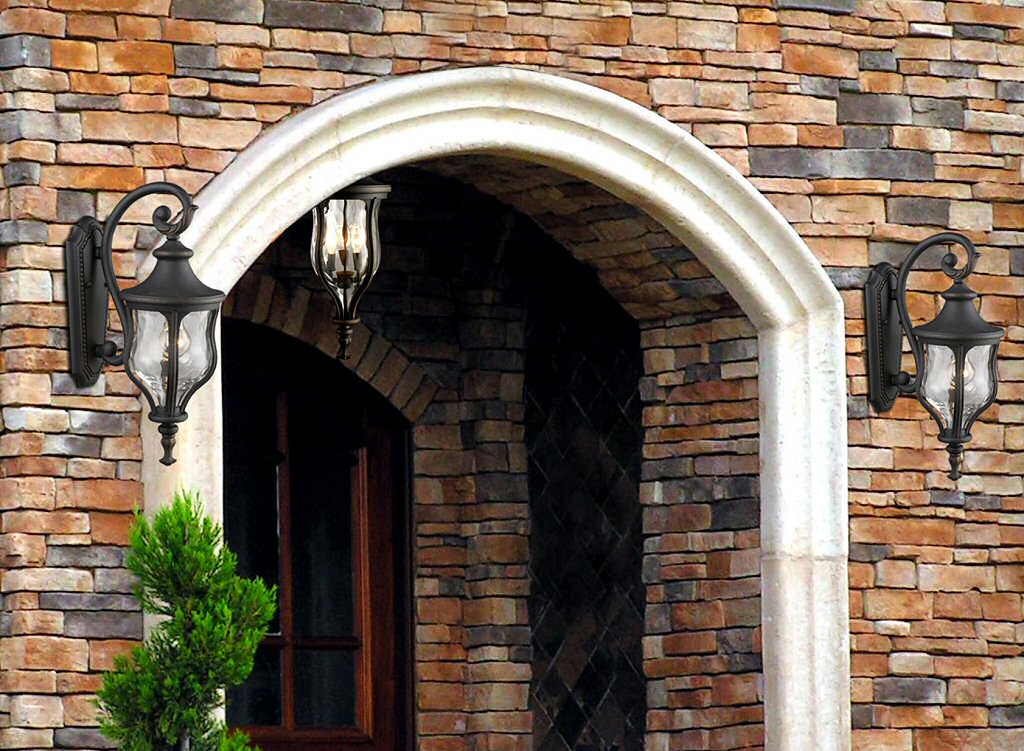
Traditional outdoor lights will tend to look more intricate with fluid scrolling shapes, details, carved features, and more classic-looking finishes. If it looks like it could've been made many years ago without modern techniques then it will likely match a more traditional or older-style home.
Ornate Outdoor Lighting

Depending on the style of your outdoor space, a more European look may entail a more ornate design, with fancy scroll-work and fluid details. Perhaps a Spanish or Italian or French influence. If elements of your outdoor space feature these kind of shapes, then ornate outdoor lighting may match well.
Mission-Style Outdoor Lights
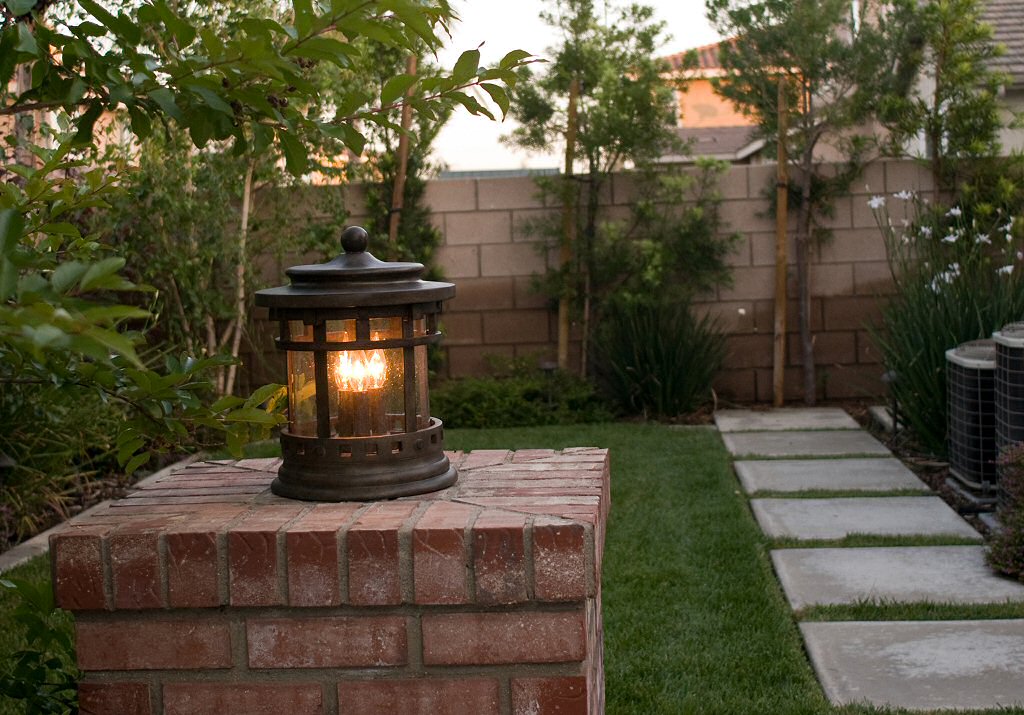
Mission-style usually uses horizontal and/or vertical lines in combination. These can work well with more modern buildings.
Other styles of Outdoor Lights
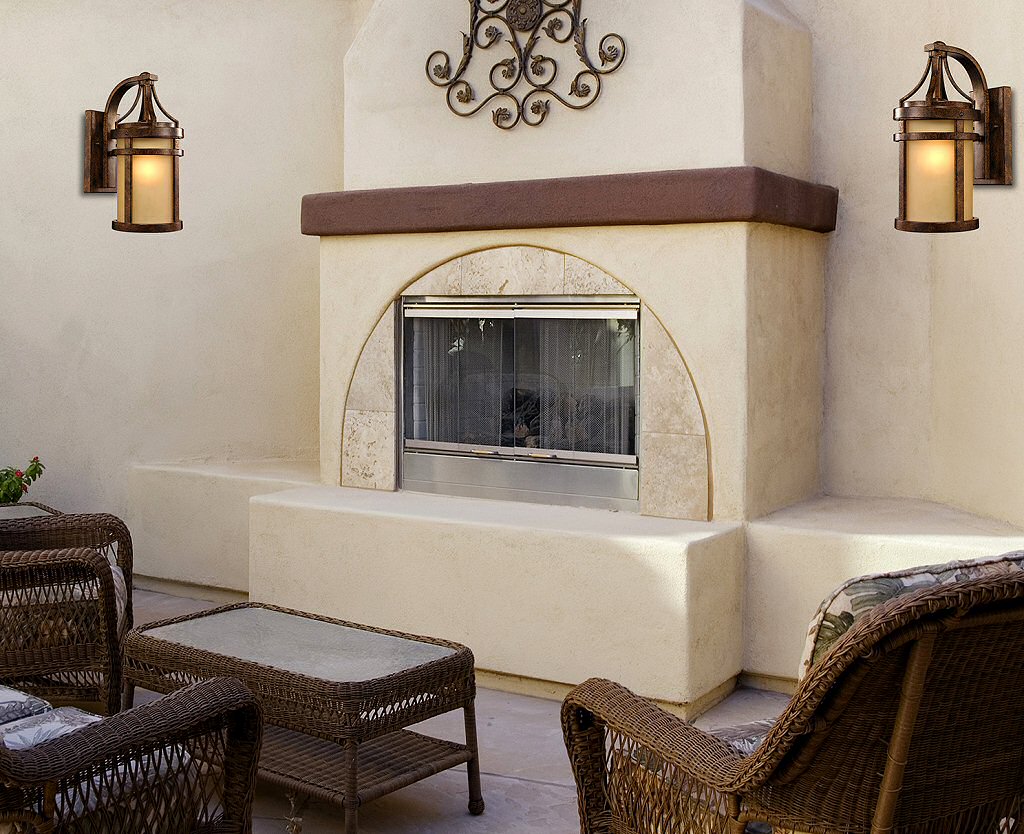
It's okay to opt for a lighting style that you personally prefer, but bear in mind realistically how it's going to look when presented with your building. If your home or business doesn't look very modern then it may come across as a mismatch if you try to force it to work with contemporary light fixtures. And vice versa.
How many Outdoor Lights do you need?
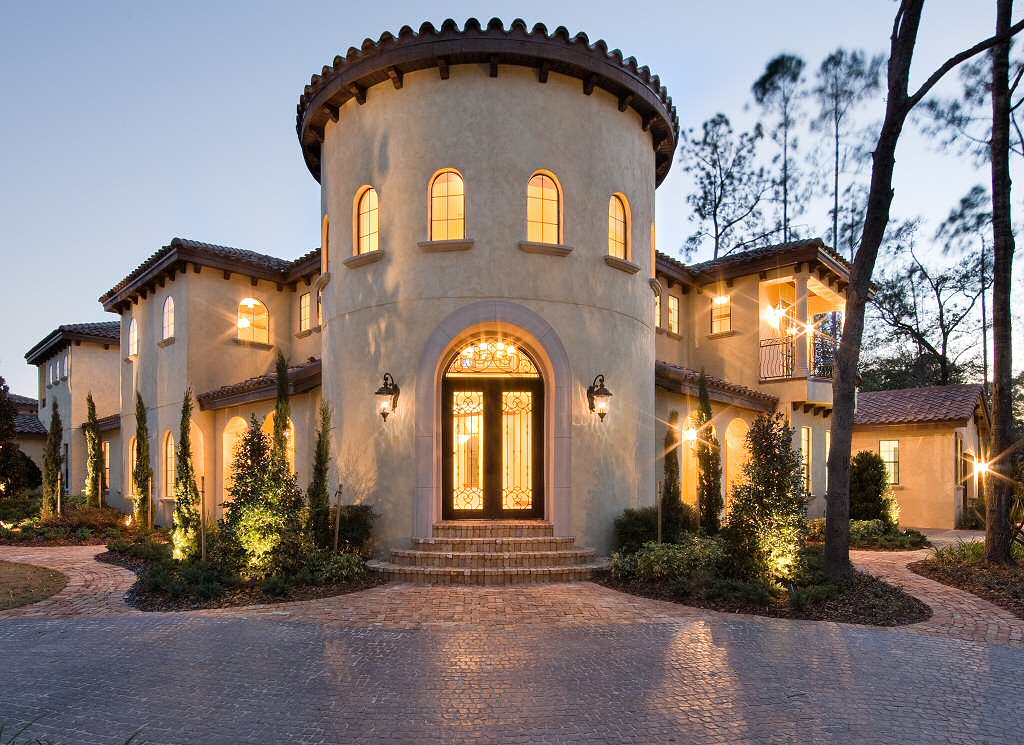
This will somewhat depend on two main factors:
- The size of the area of the entire property.
- Which portions of the property are actually "used" by humans moving around.
Try to keep in mind primarily which areas will actually see "traffic" and be most used. Try to sufficiently light those areas first, particularly any areas which might be difficult to traverse, like steps or an awkward corner. And bear in mind whether you'll actually access those areas at night.
You can "add on" additional lighting form there to flesh out the overall lighting of the area. Don't expect to necessarily light the entire property well. The fact that light diminishes as it moves further from a light source becomes more obvious at night with the absence of sunlight, so to light an entire area could require a lot of light fixtures.
Instead, look to create hot-spots of light, carefully positioned lights, and make sure to take care of the main areas which will get the most use. They are likely to be the driveway, garage, the porch, and any significant pathway that you'd walk on.
Also consider your weather conditions year-round and how this might impact the visibility or utility of your light fixtures. For example, relying entirely on landscape or path lights might not be a good idea if they'll be buried under snow in winter.
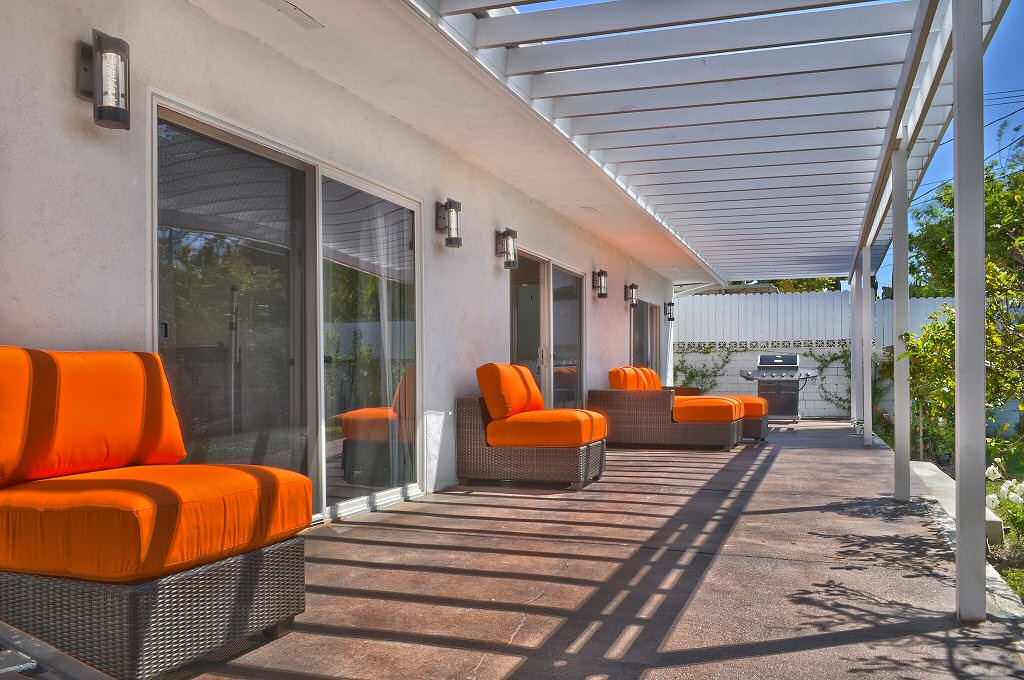
A small-to-medium home will typically need at least:
- 1 x porch light if not two
- 1 x garage light if not two (or alternatively a flood/security light)
- 1 or more lights in the rear of the house
- Possibly a light at the side of the house if there is path there
- 1 or more lights further into the yard especially if the yard is larger or there is an absence of street lights
- Possibly a few landscape or path lights to help highlight the main walkway
Always check how many light bulbs and how much light output each bulb will produce. Also always keep in mind what kind of spread or shape of light is likely to emit from the fixture based on its shape in relation to the light bulb. Fixtures with more light bulbs also tend to be physically larger which may not suit a smaller building, and vice versa. So also consider the proportions of the size of the fixture to the size of the building and then add additional fixtures of that size as needed.
Where to buy Outdoor Lighting online
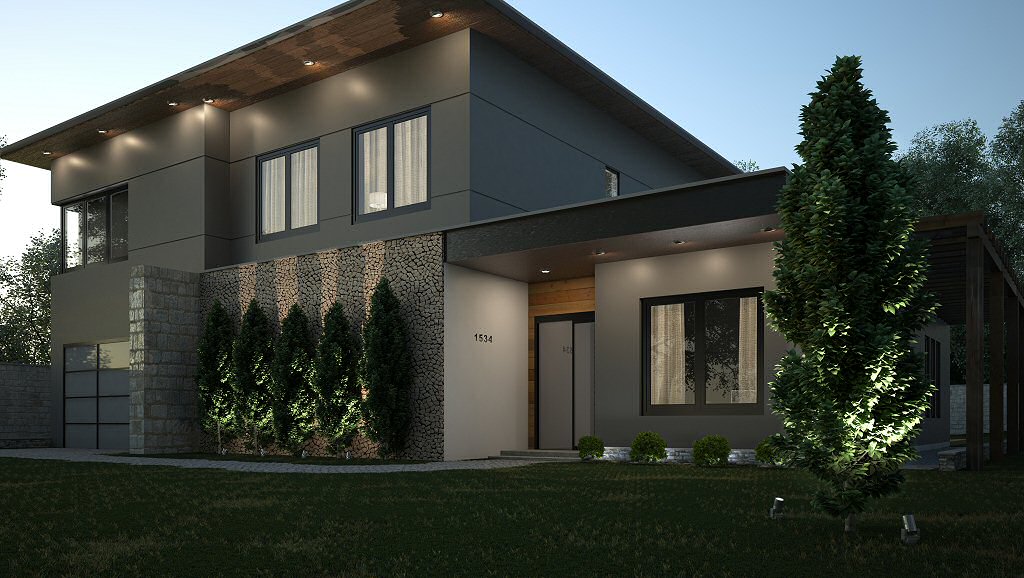
Here at LampsUSA we are proud to offer a very wide range of outdoor lighting including wall lights, porch lights, post lights, flood and security lights, and various other kinds of outdoor lights including outdoor lamps. We always strive to add the latest designs and technologies including LED outdoor lights.
Browse our hand-selected categories below to start exploring the outdoor light fixtures available.
Motion Security & Flood Lights
Weather-Resistance/Coastal Lights
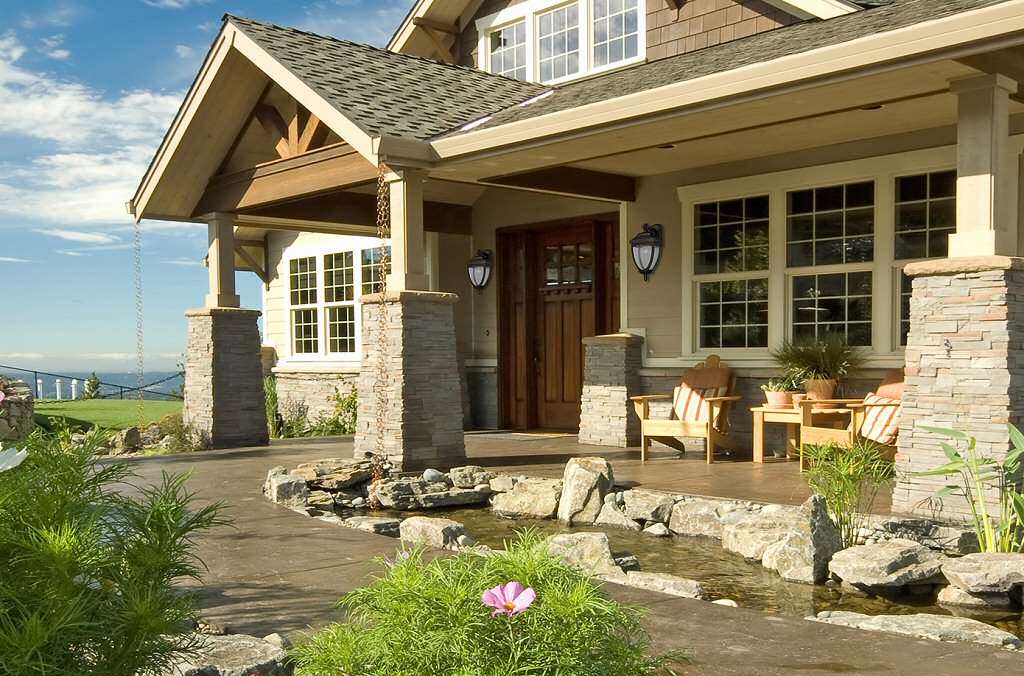
Explore Topics

Table of Contents
Outdoor Lighting Guide: Exterior Lighting Tips and TricksOutdoor LightingOutdoor Light FixturesWhere to position Outdoor LightsSpecial types of Exterior LightingOutdoor Lighting AccessoriesStyles of Outdoor LightingHow many Outdoor Lights do you need?Where to buy Outdoor Lighting onlineCommentsShopping Ideas
Trending








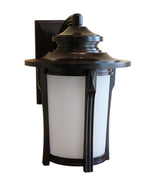












 Pier Mount Adapters
Pier Mount Adapters











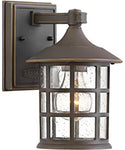
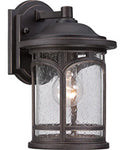
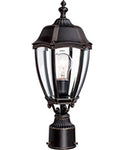
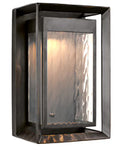
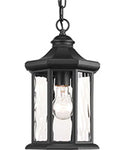
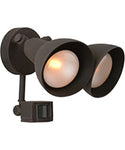
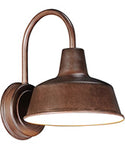
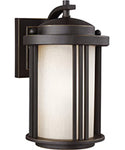
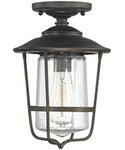
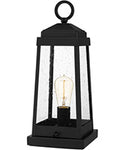
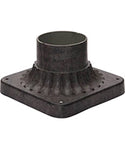








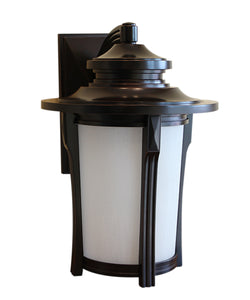









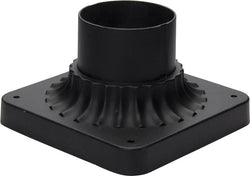

Comments